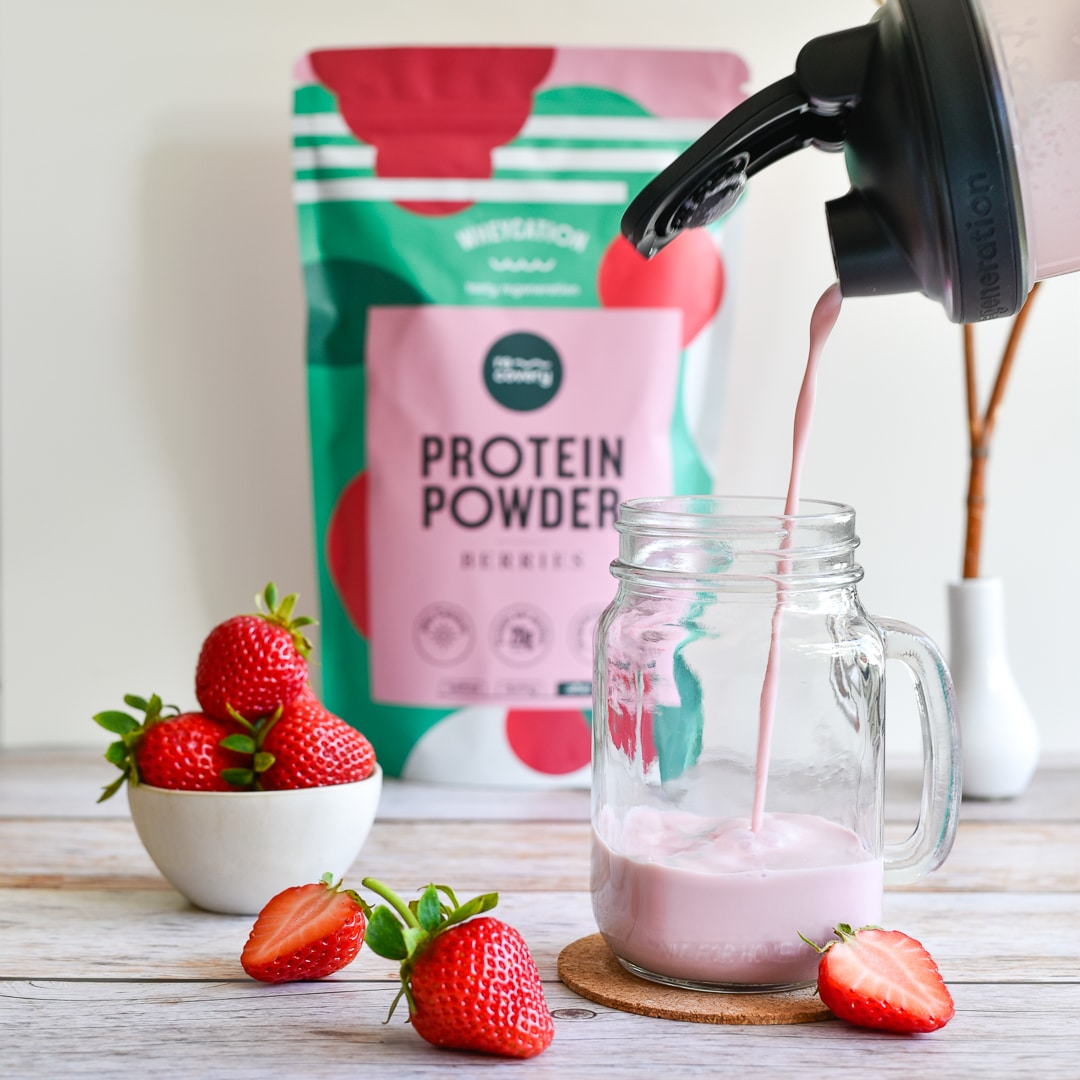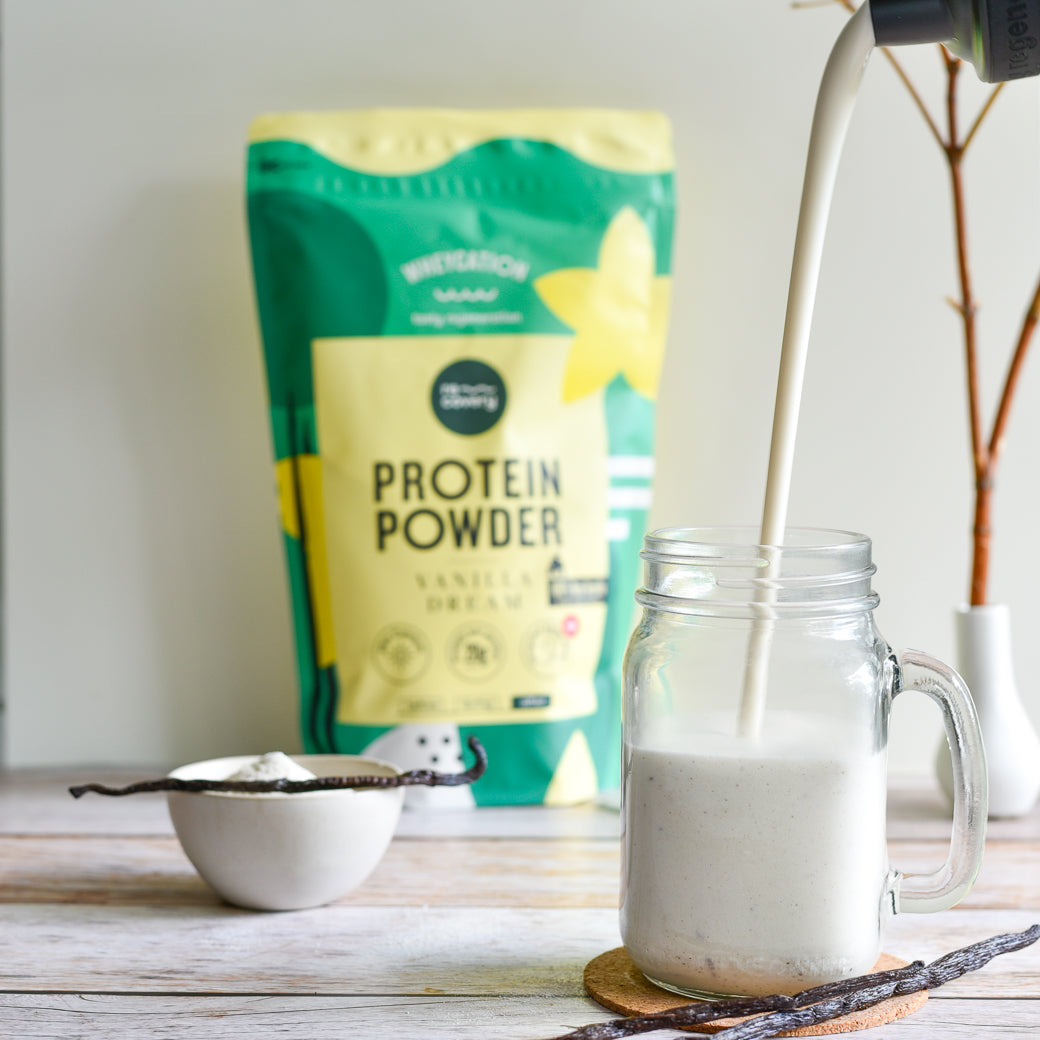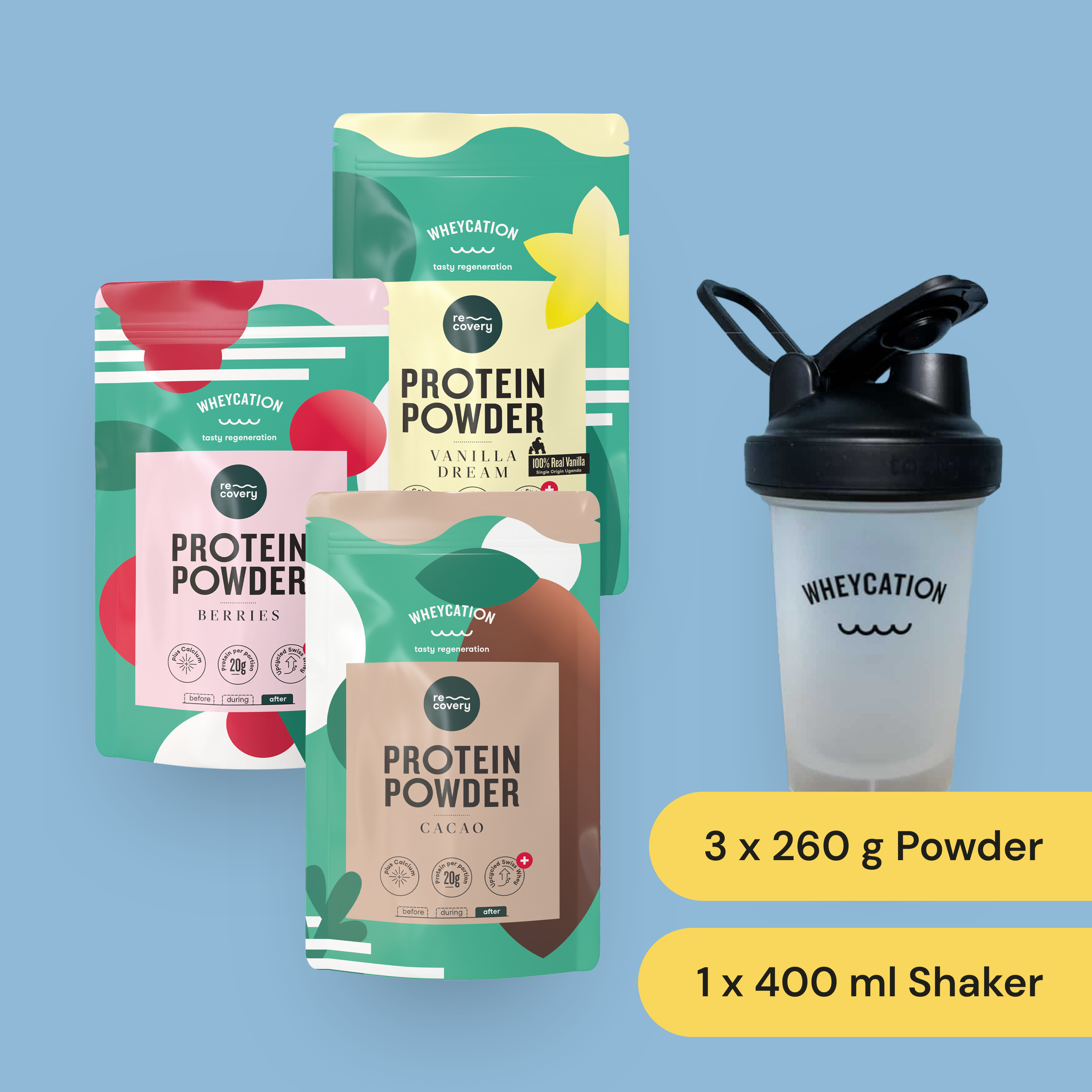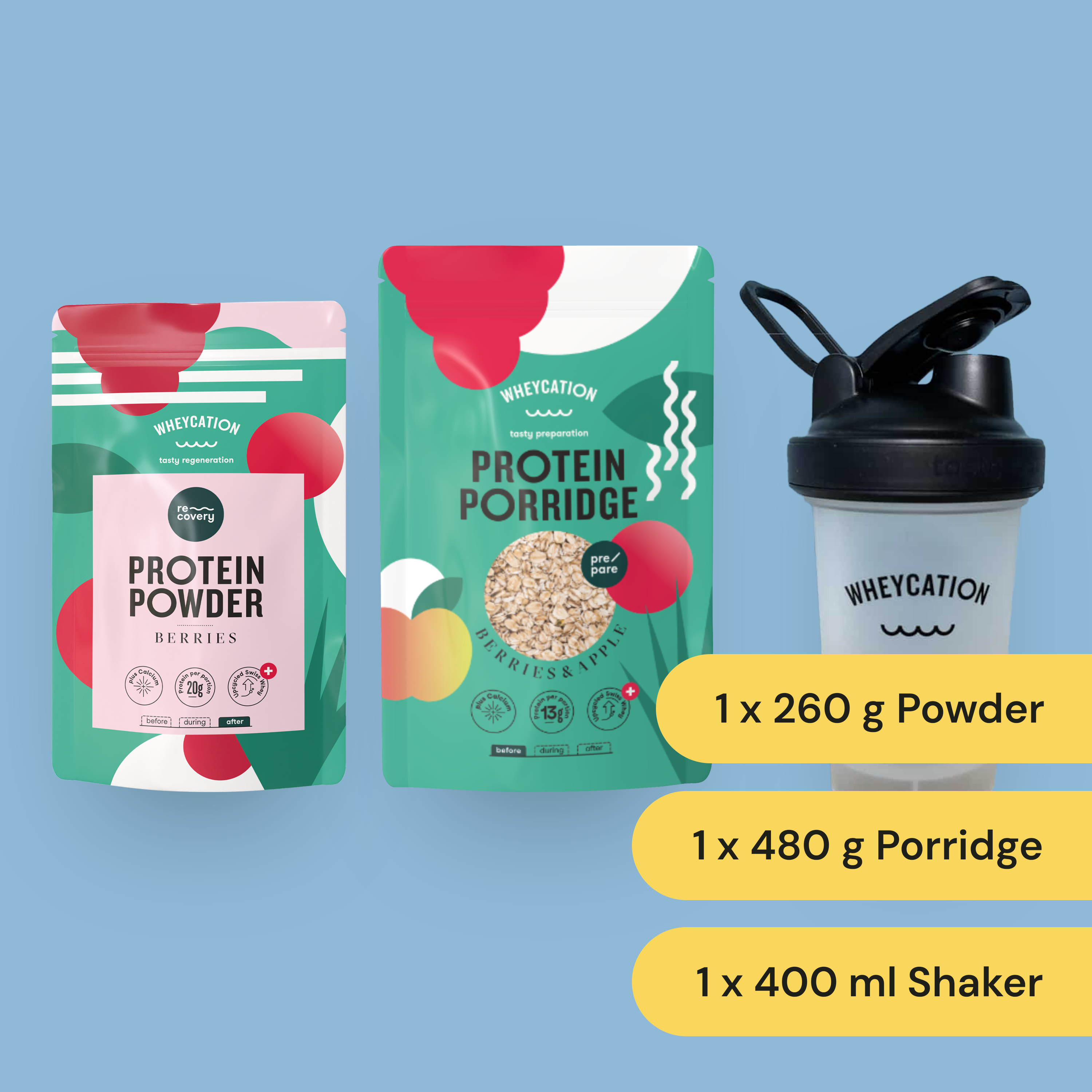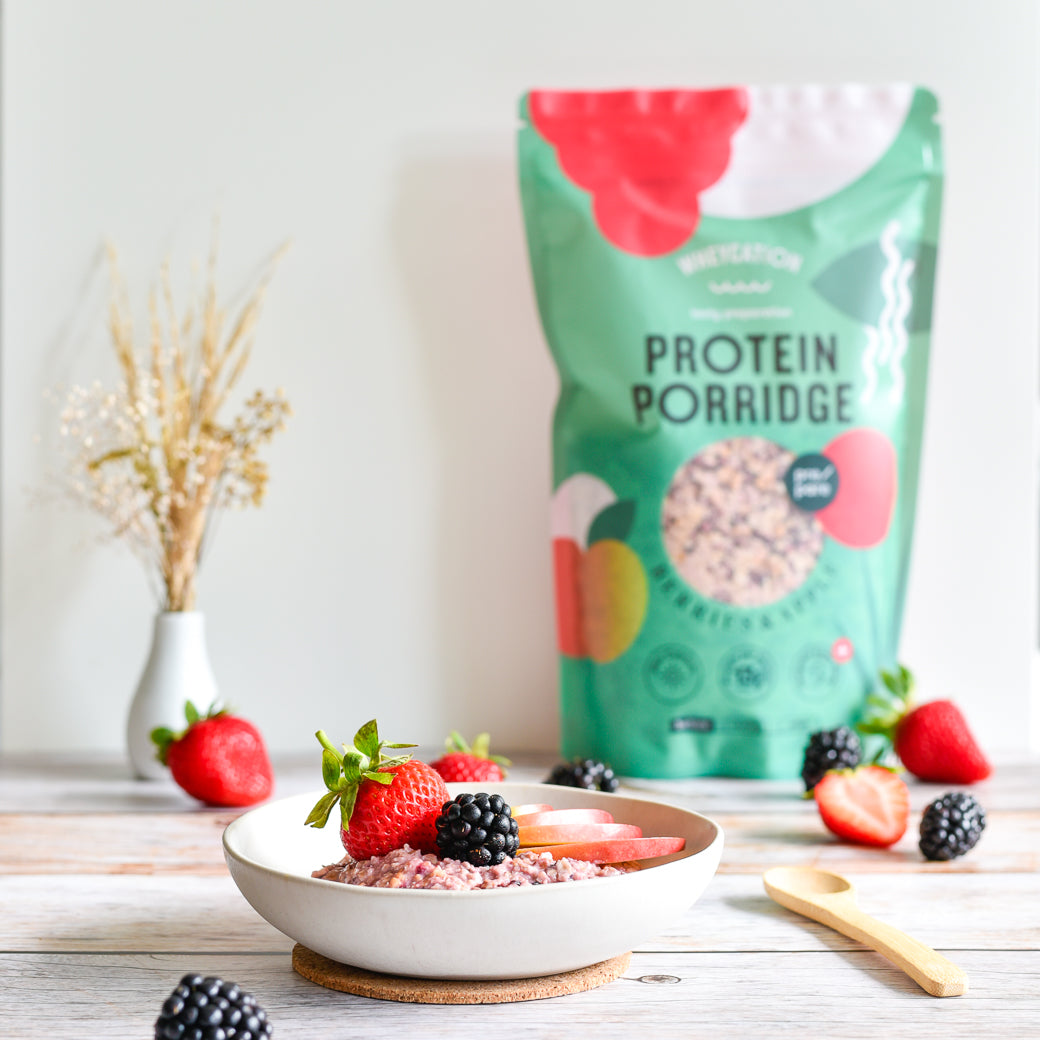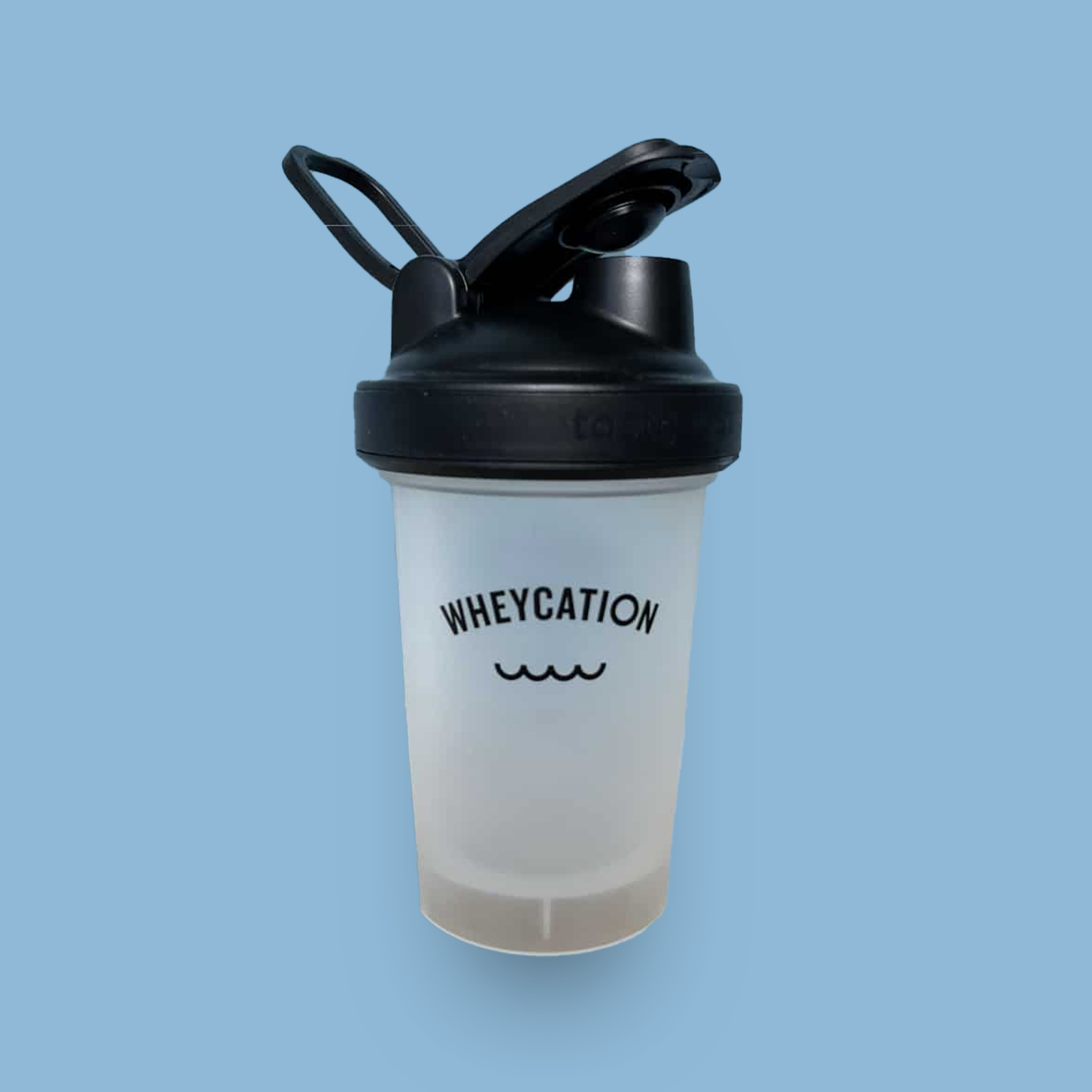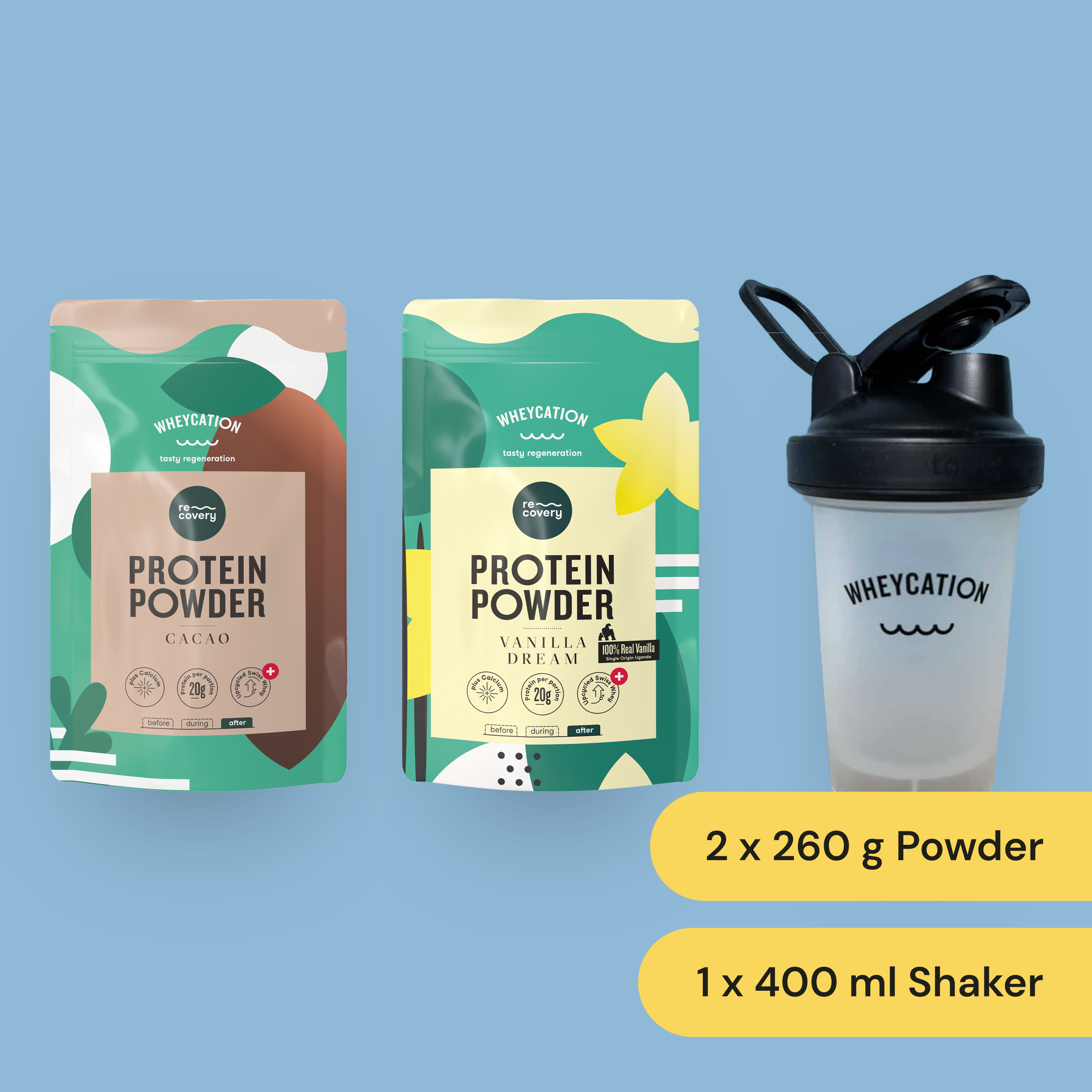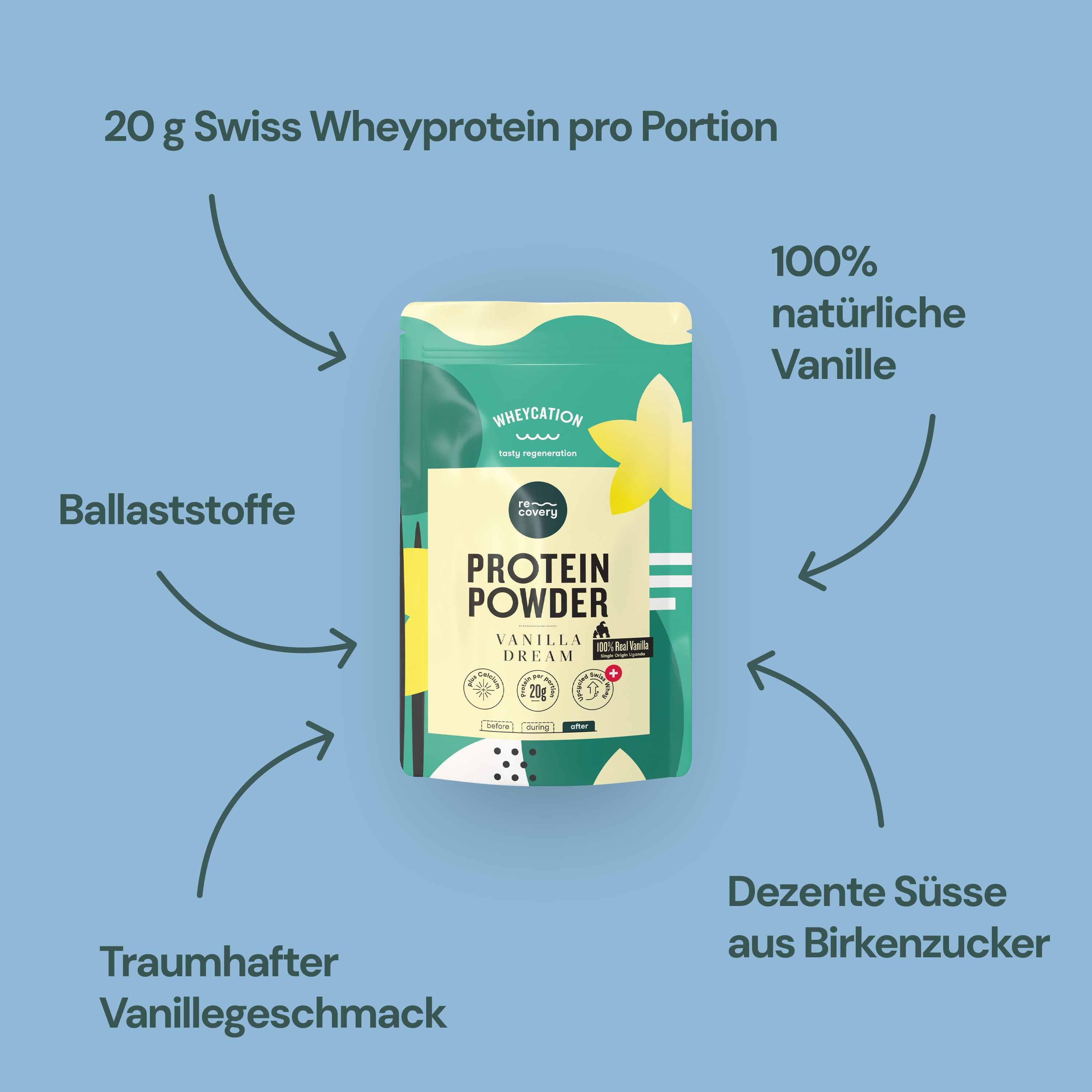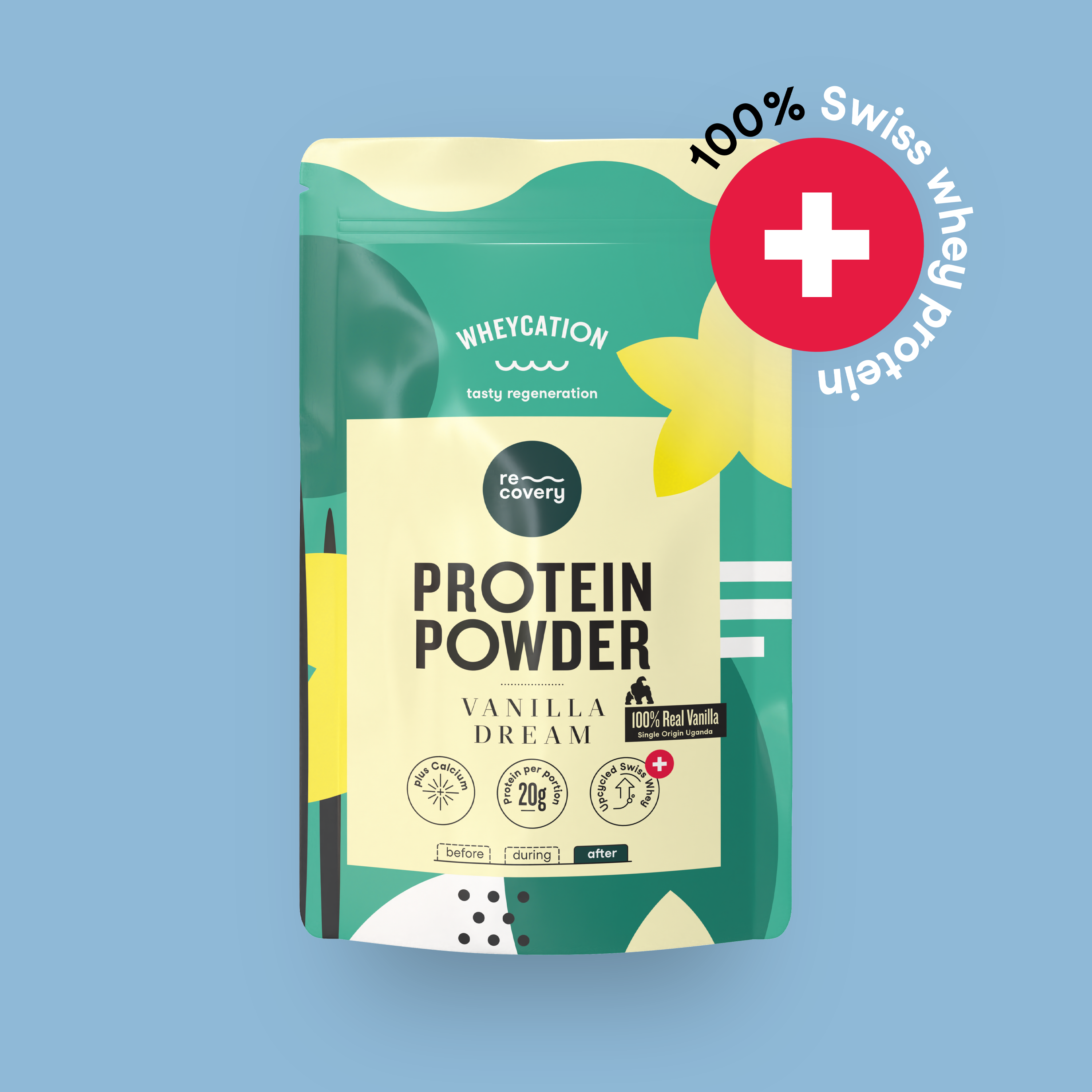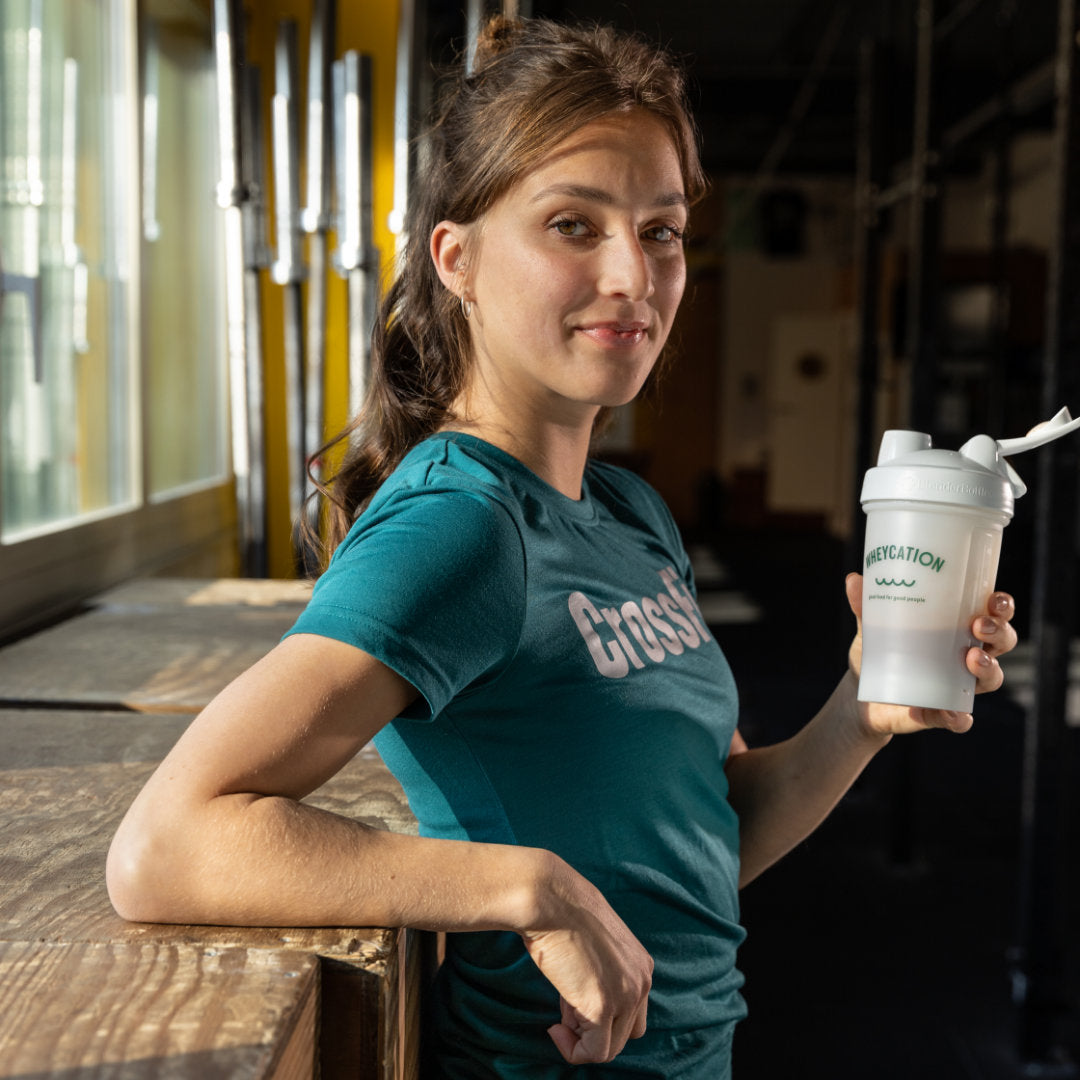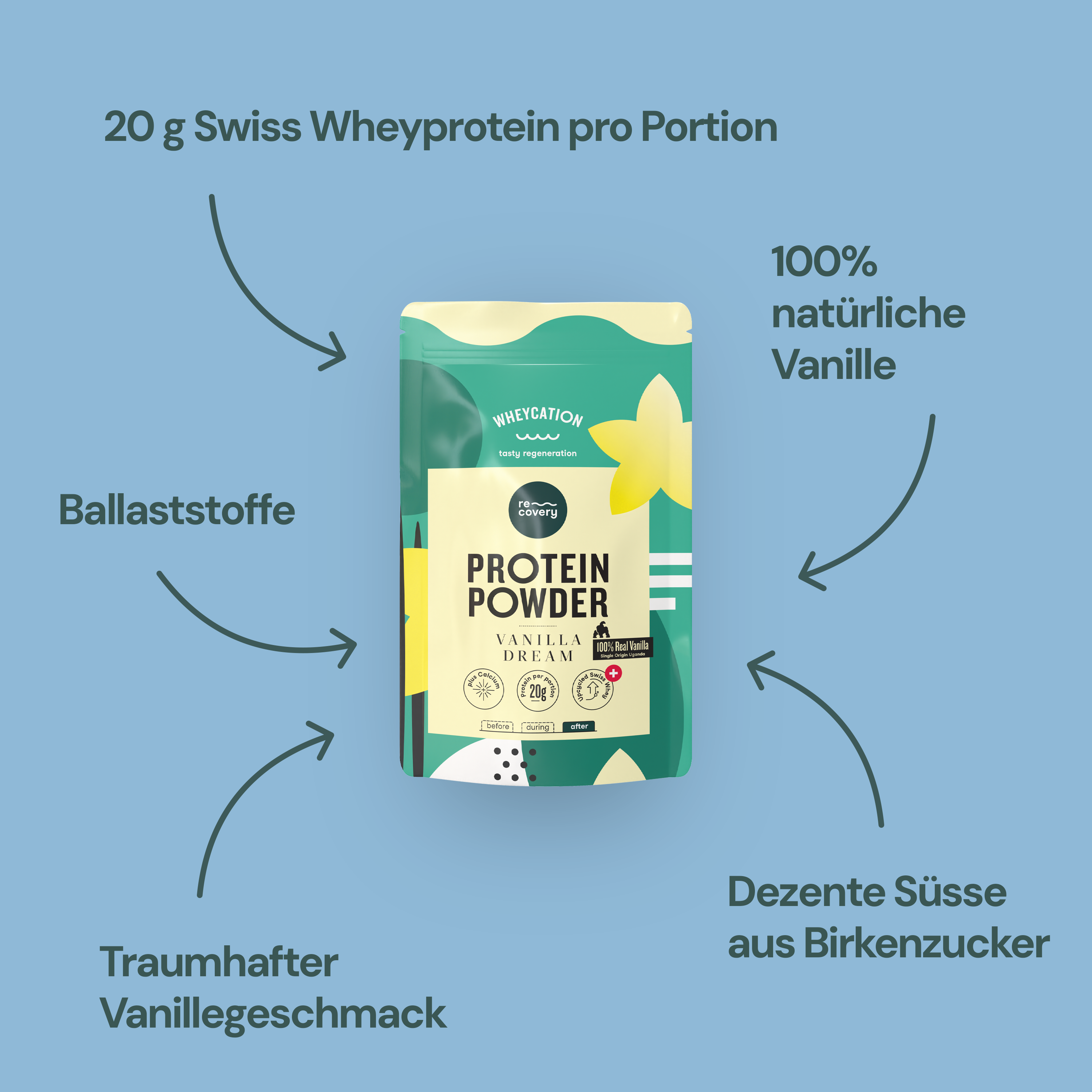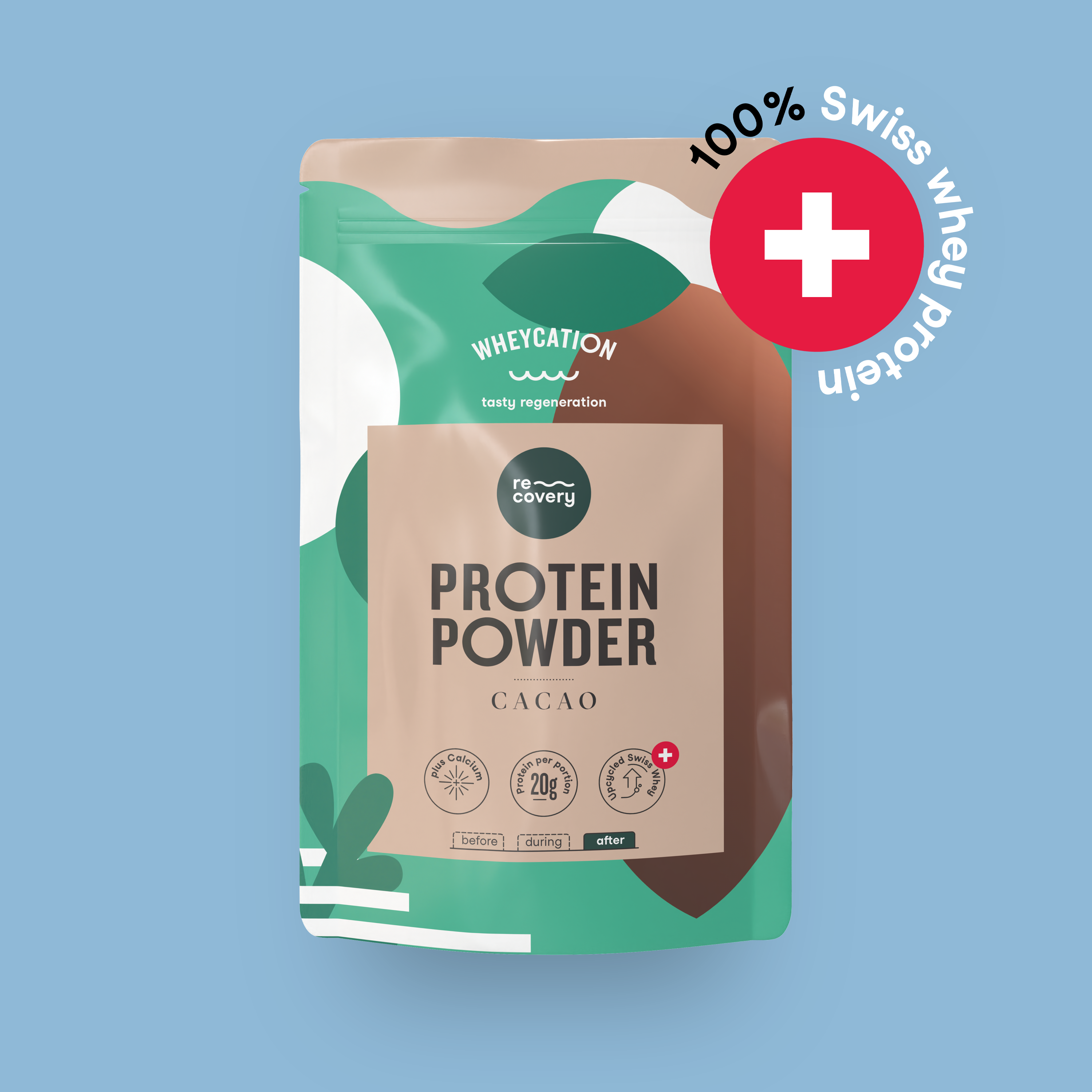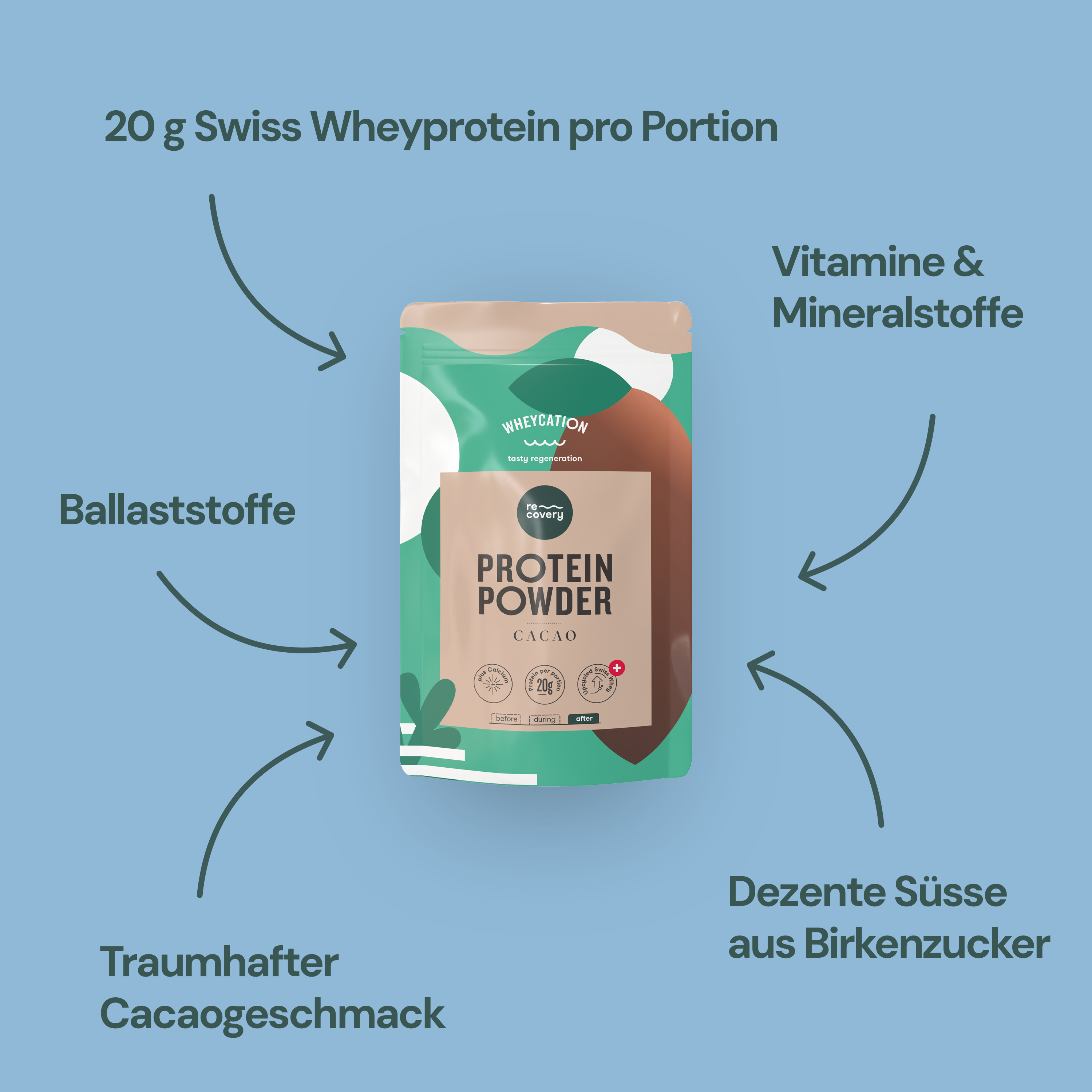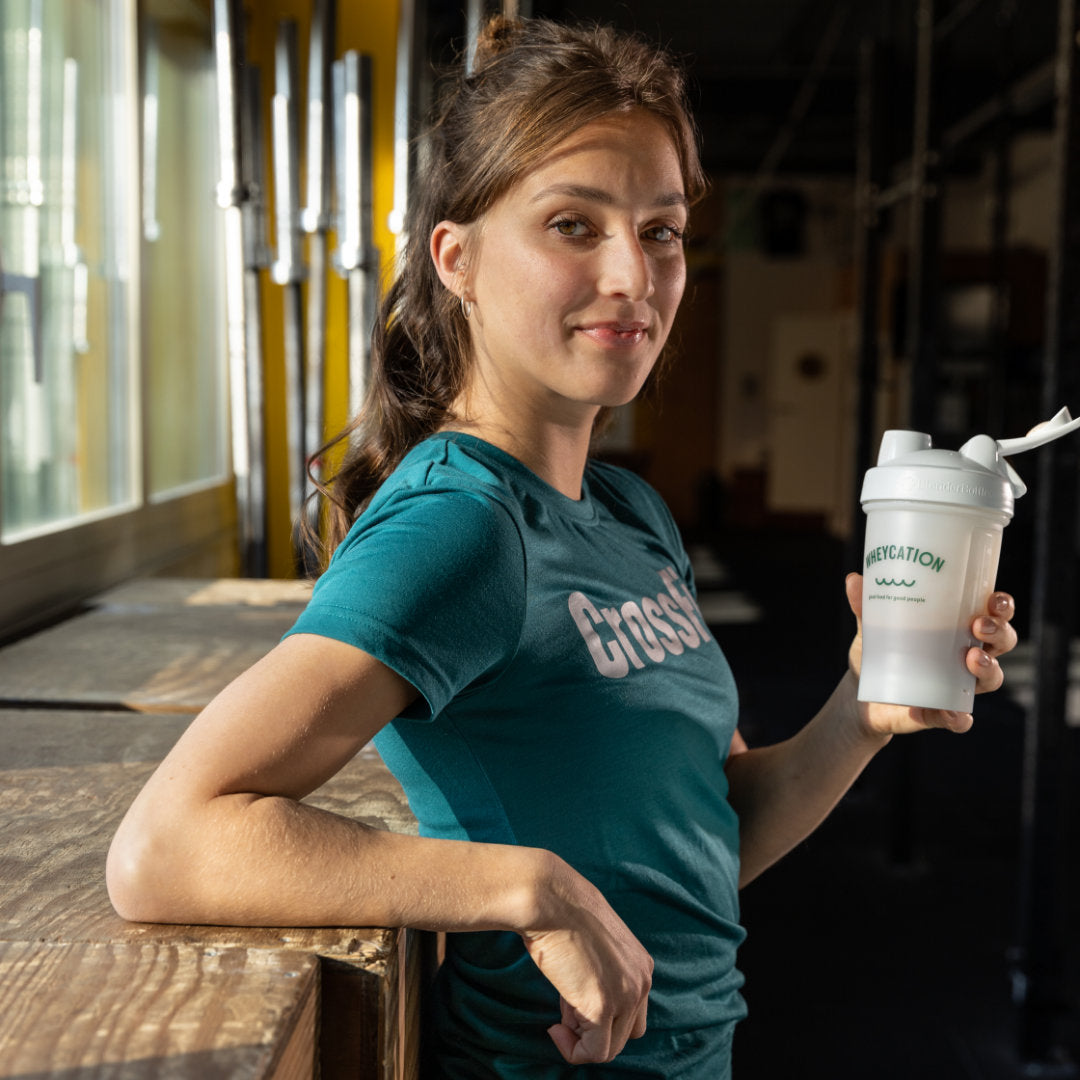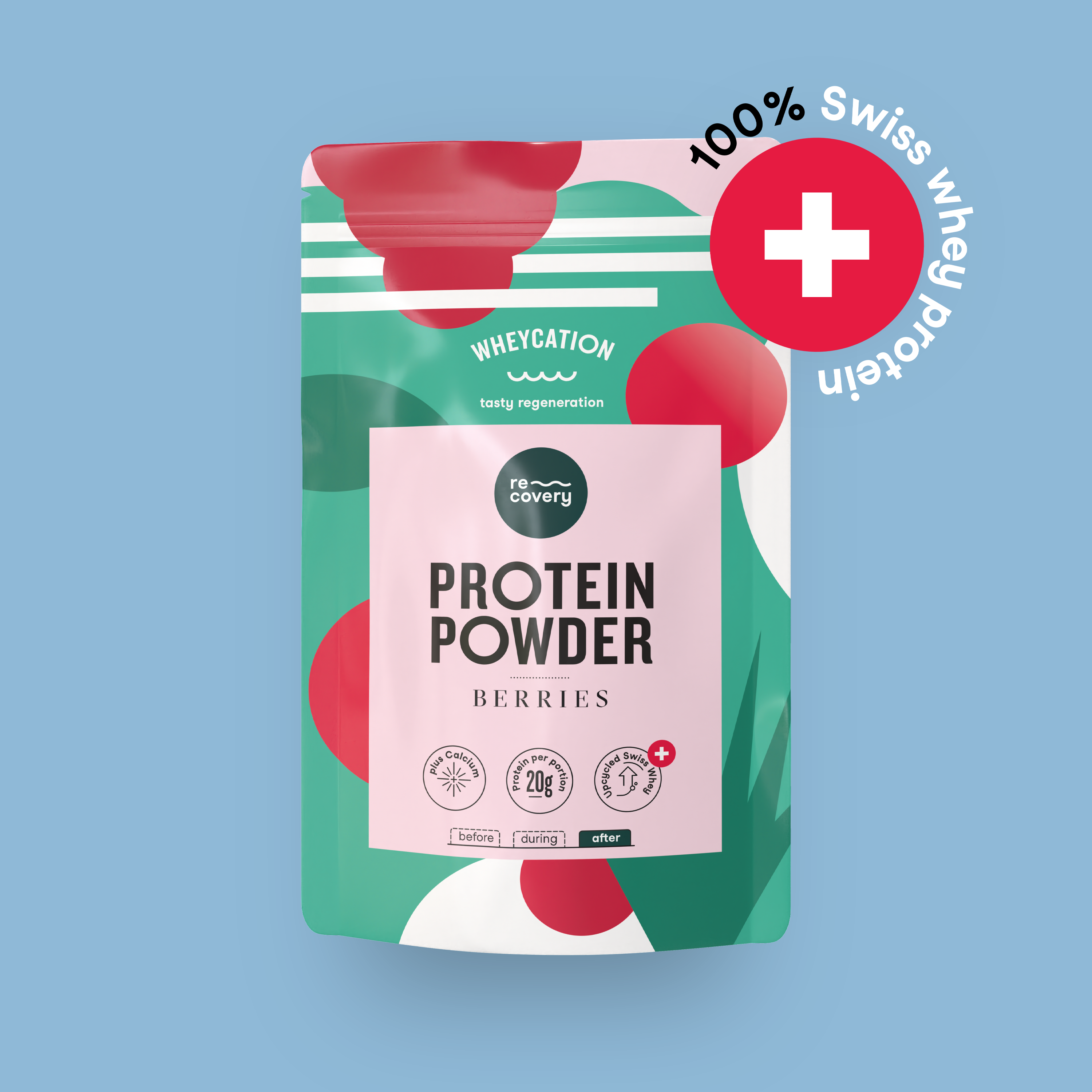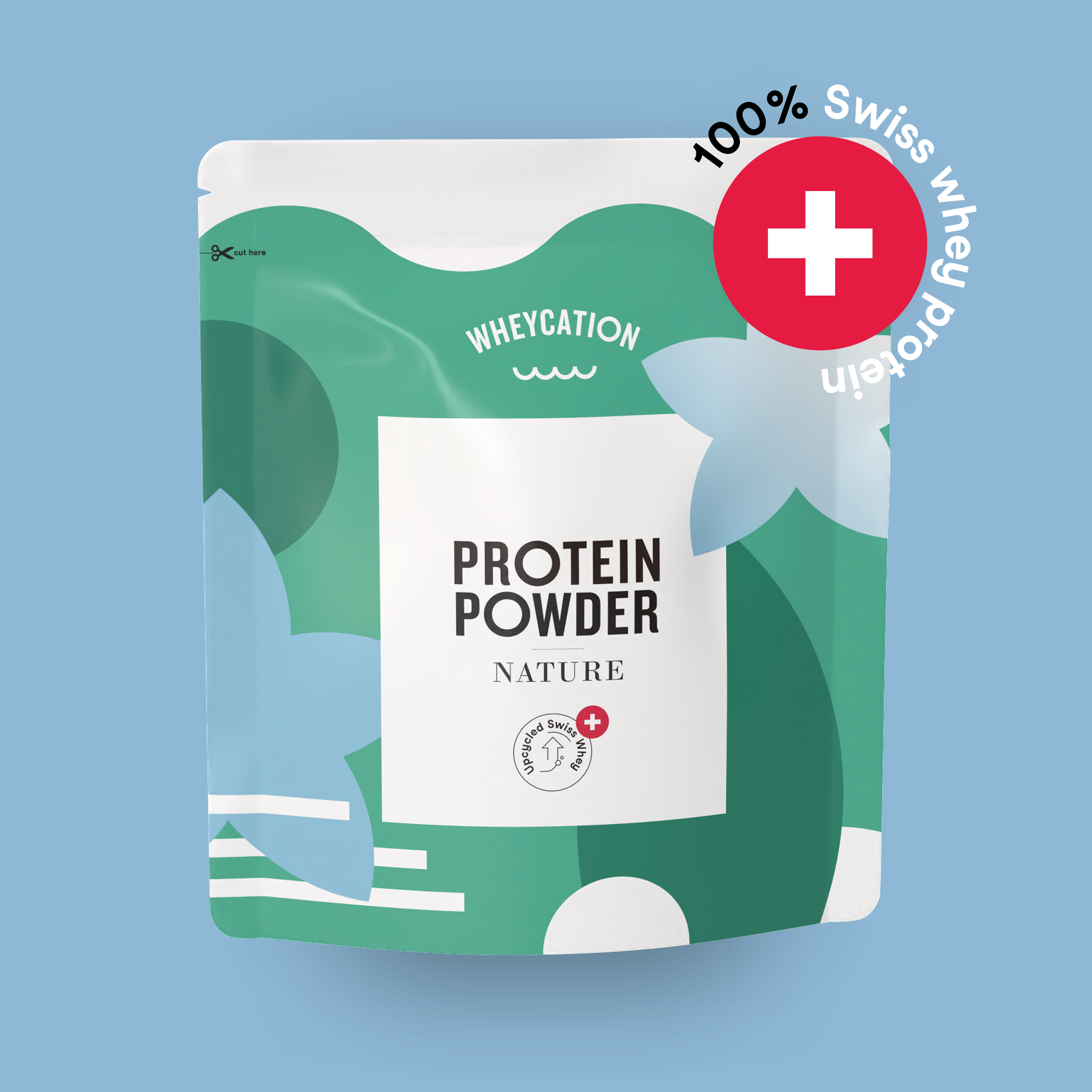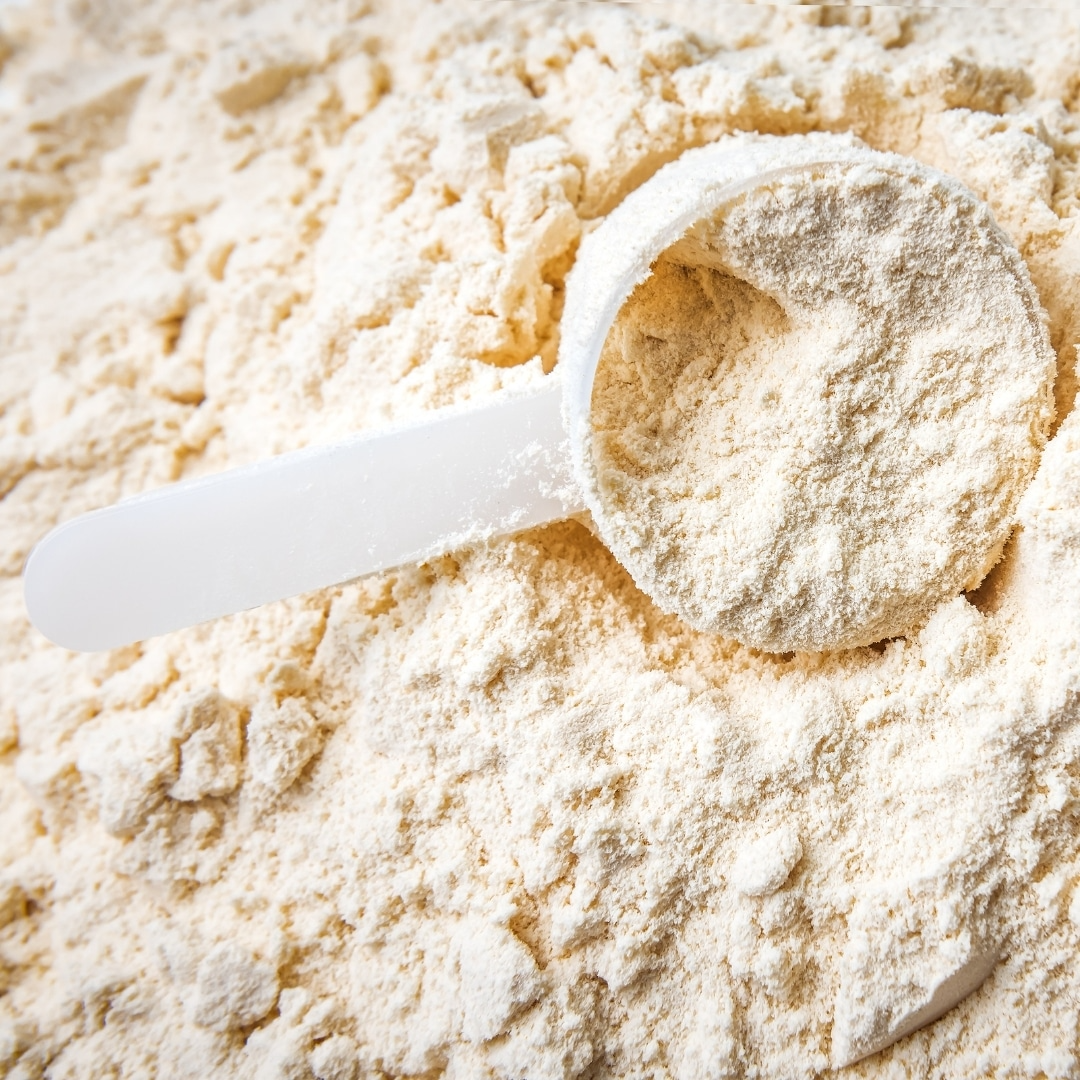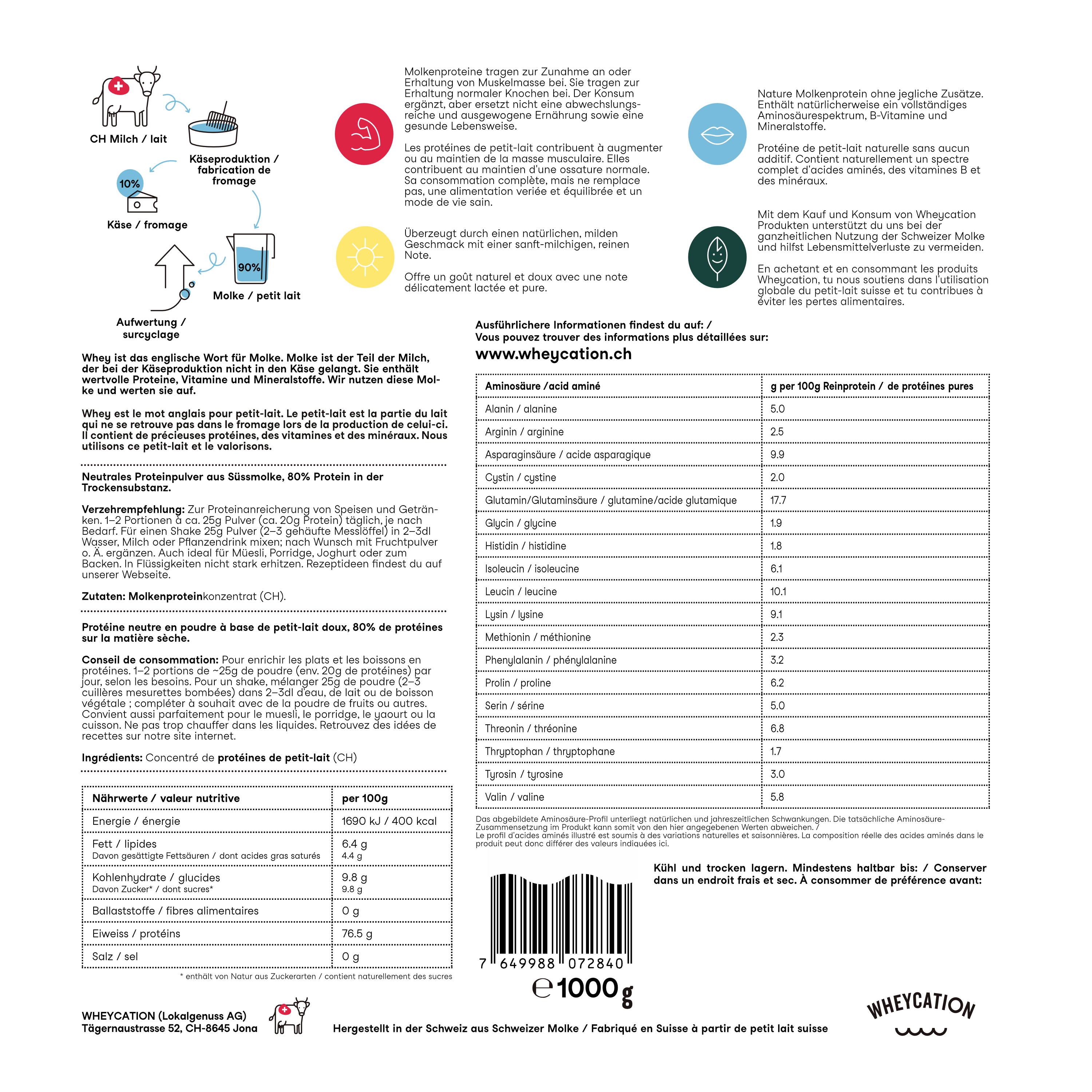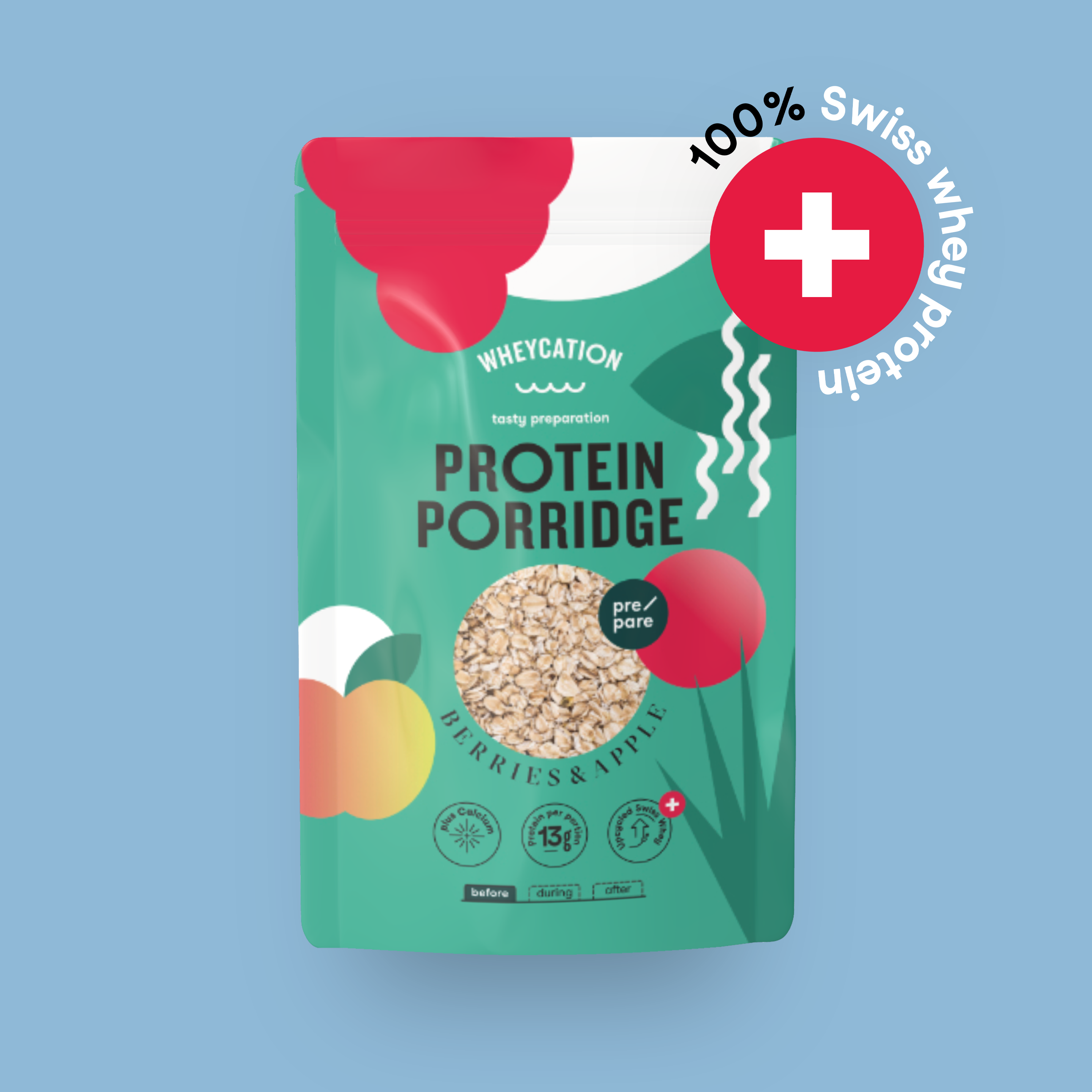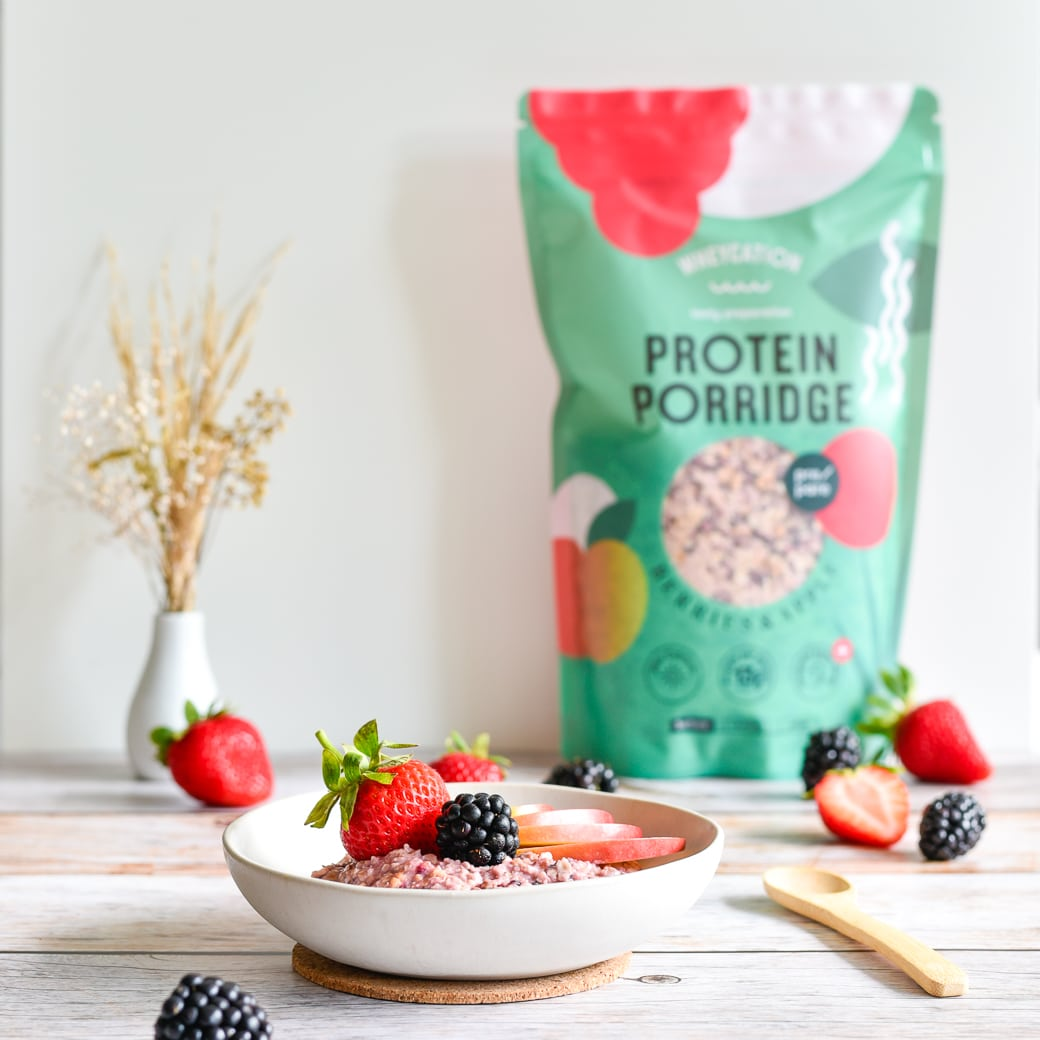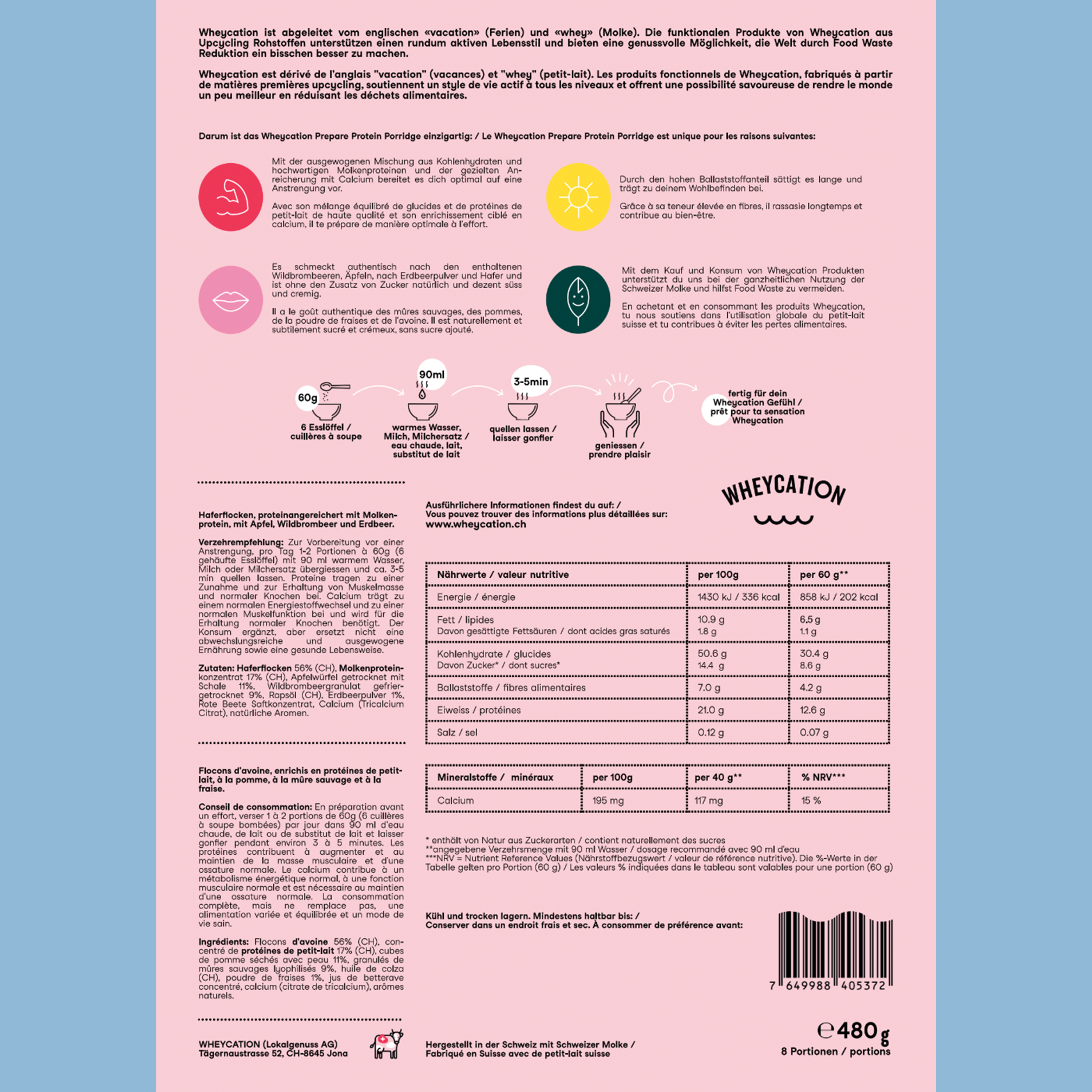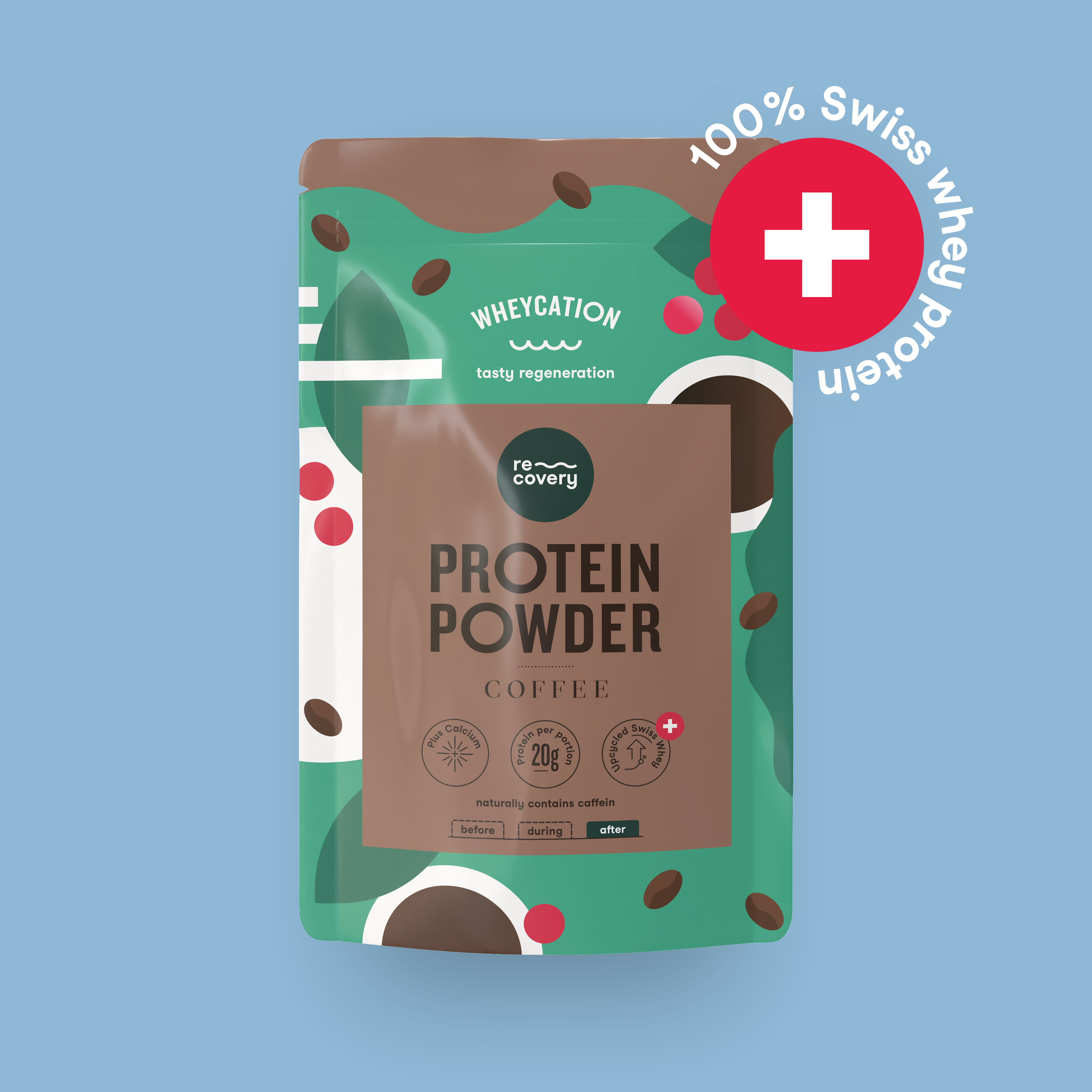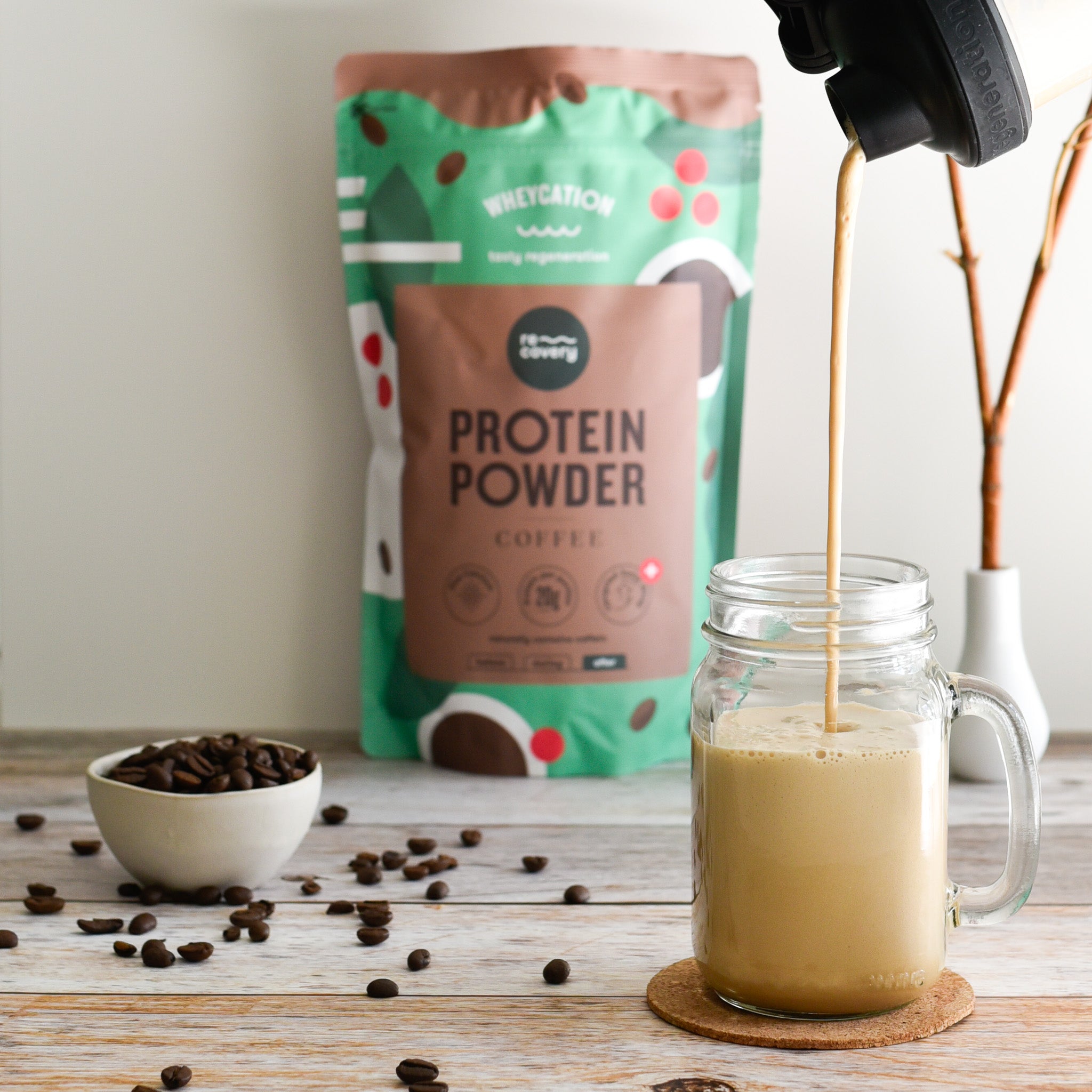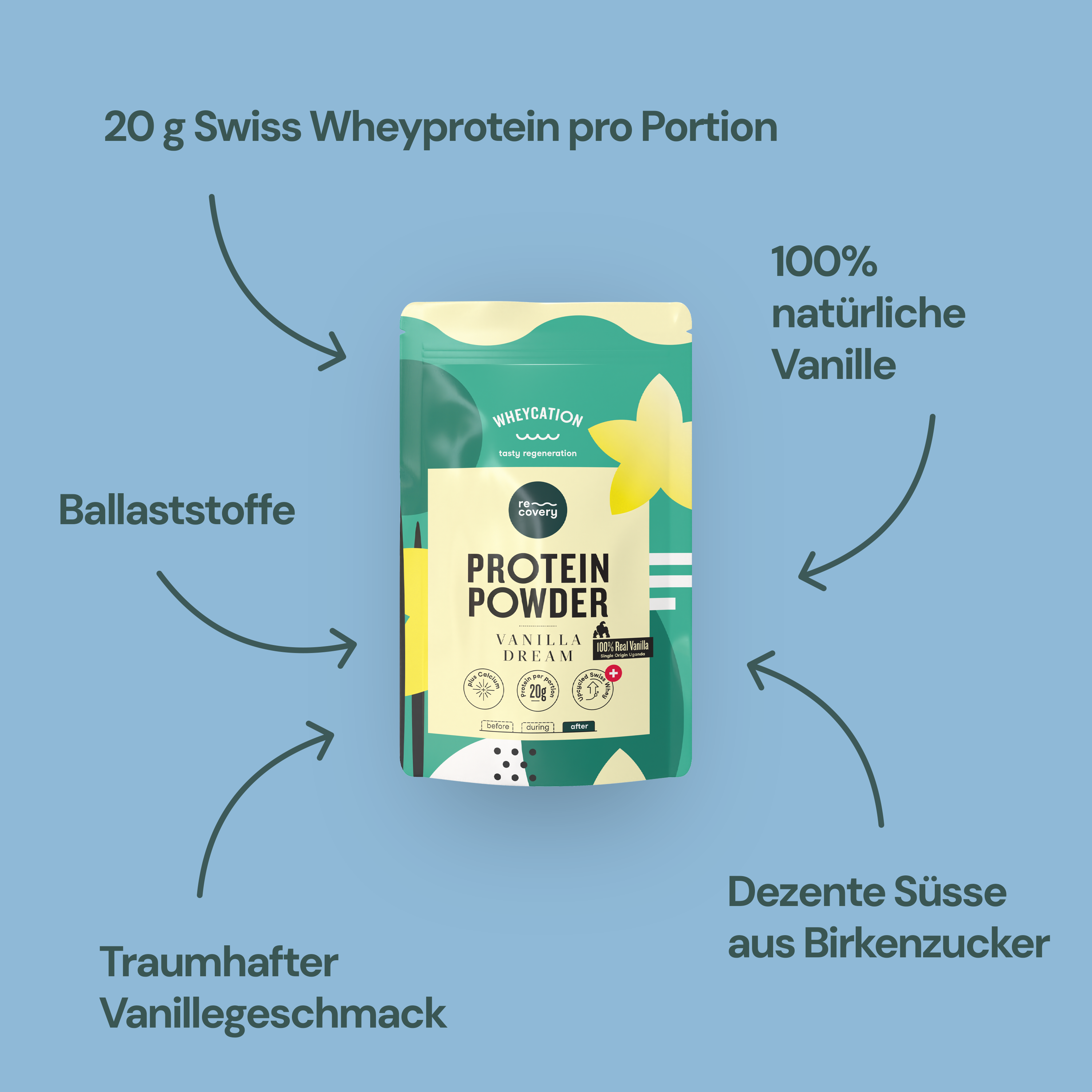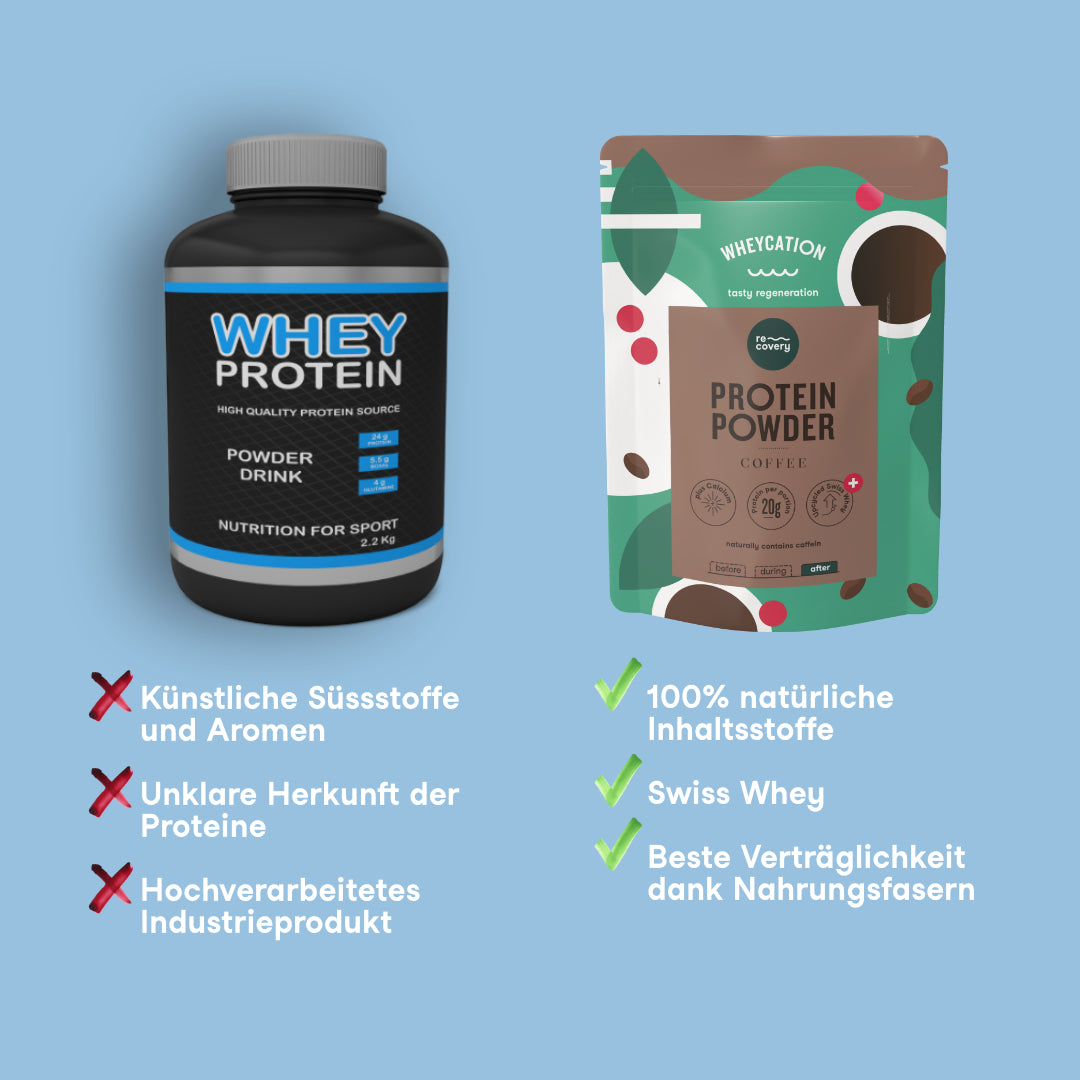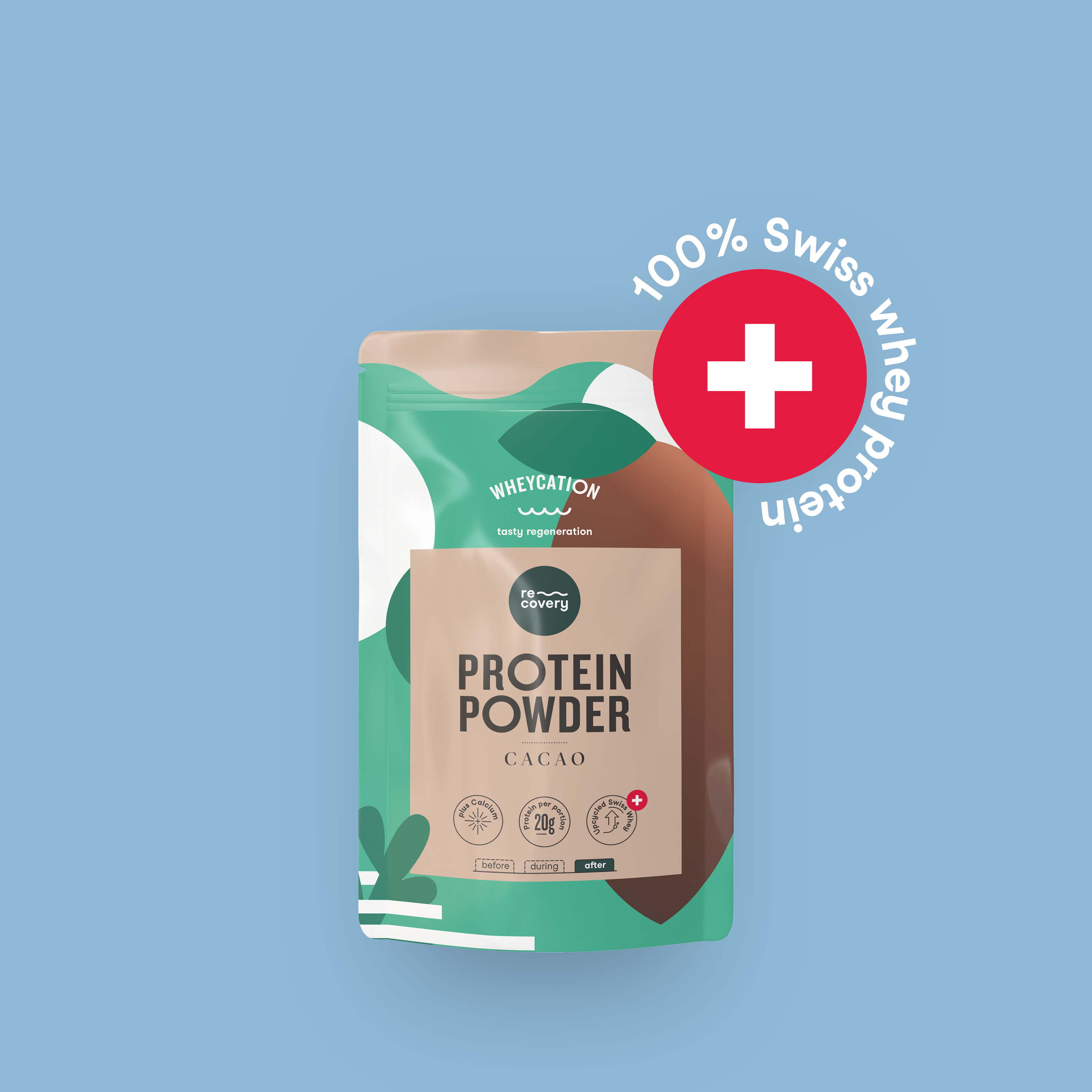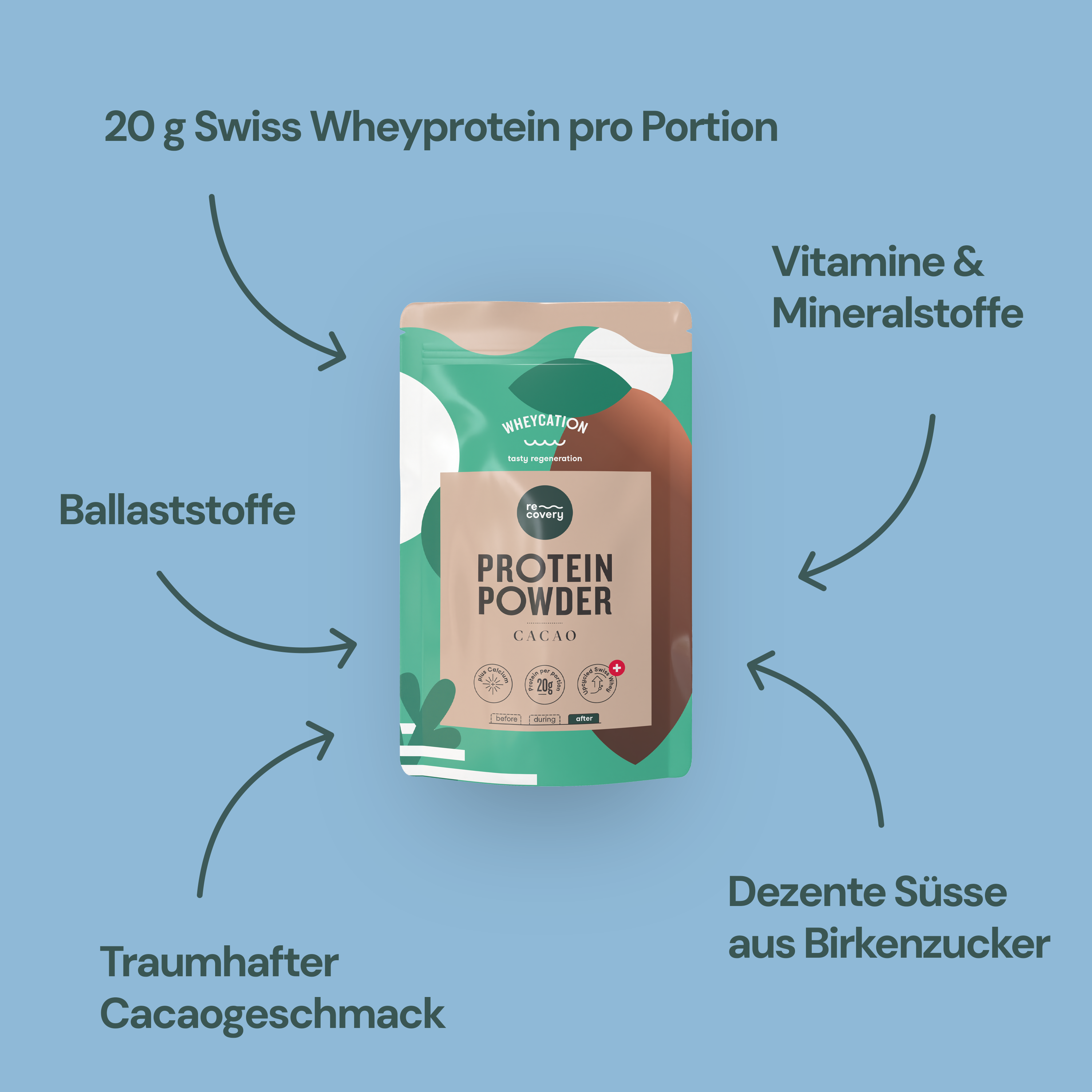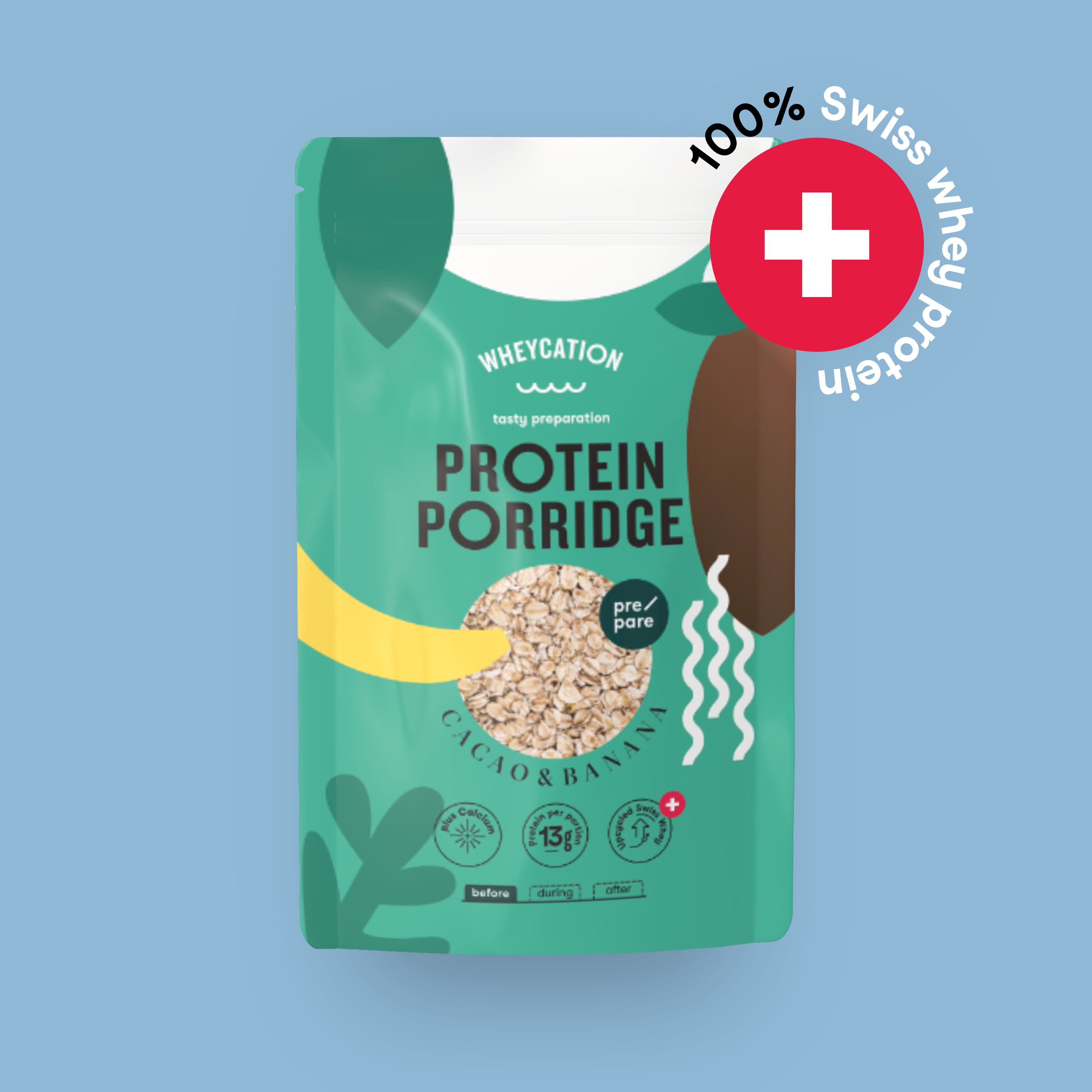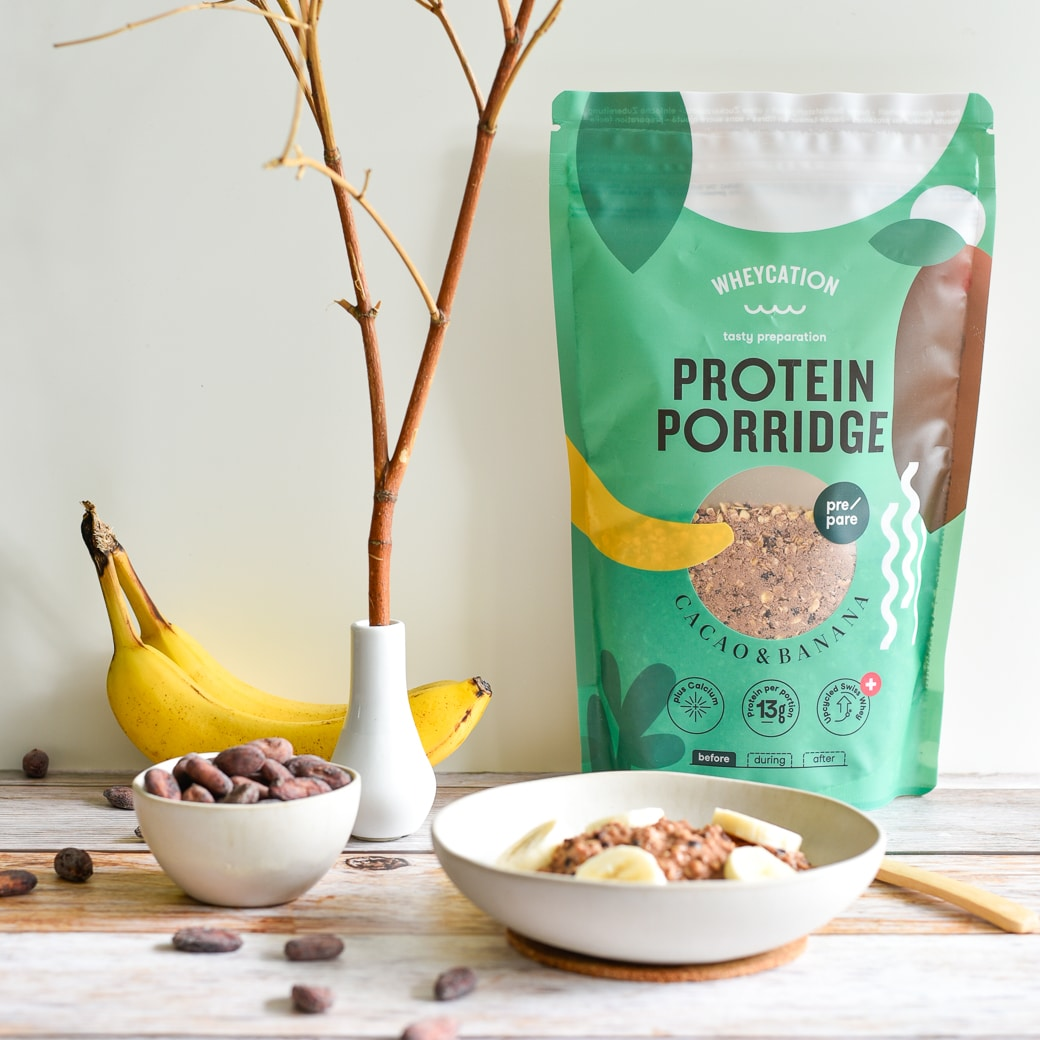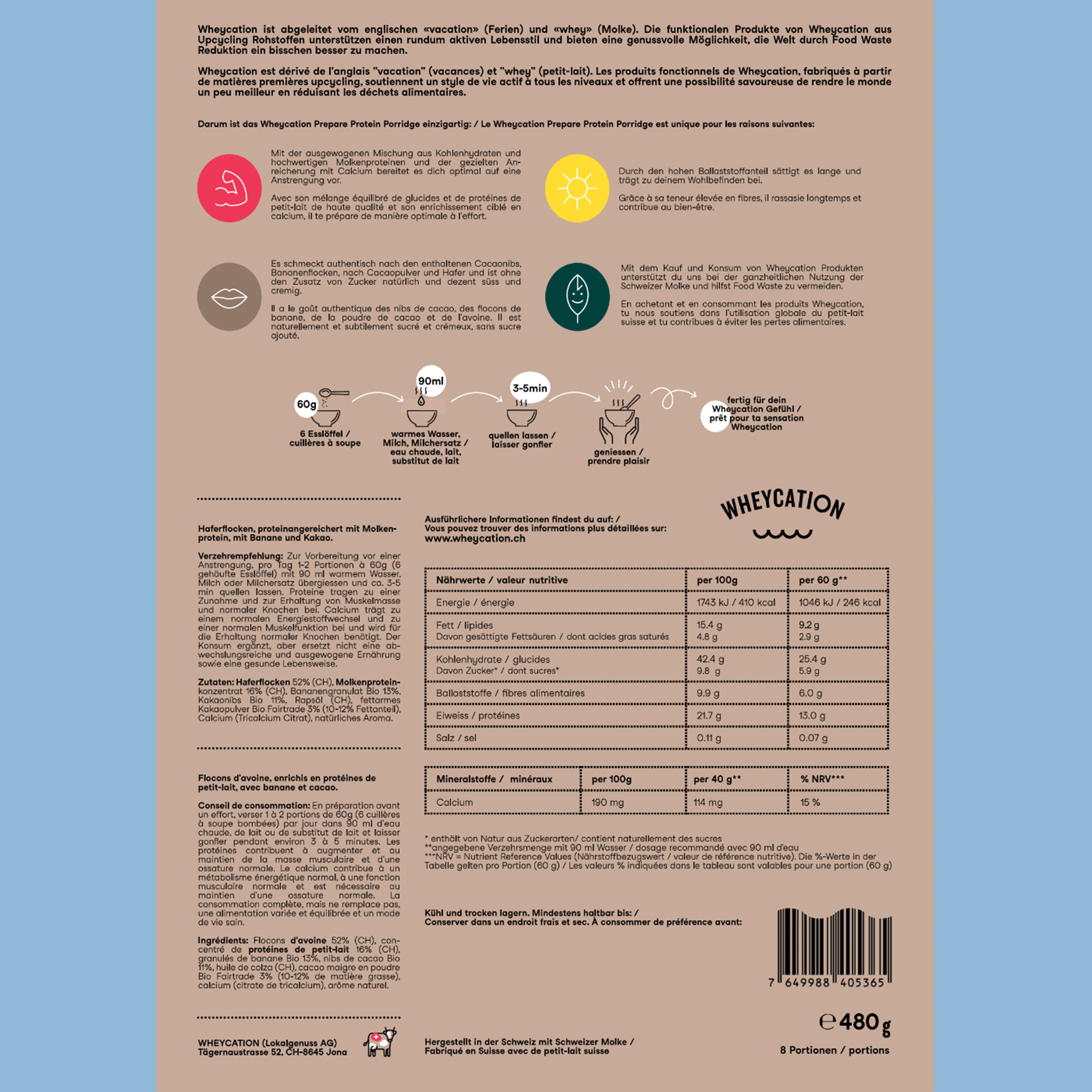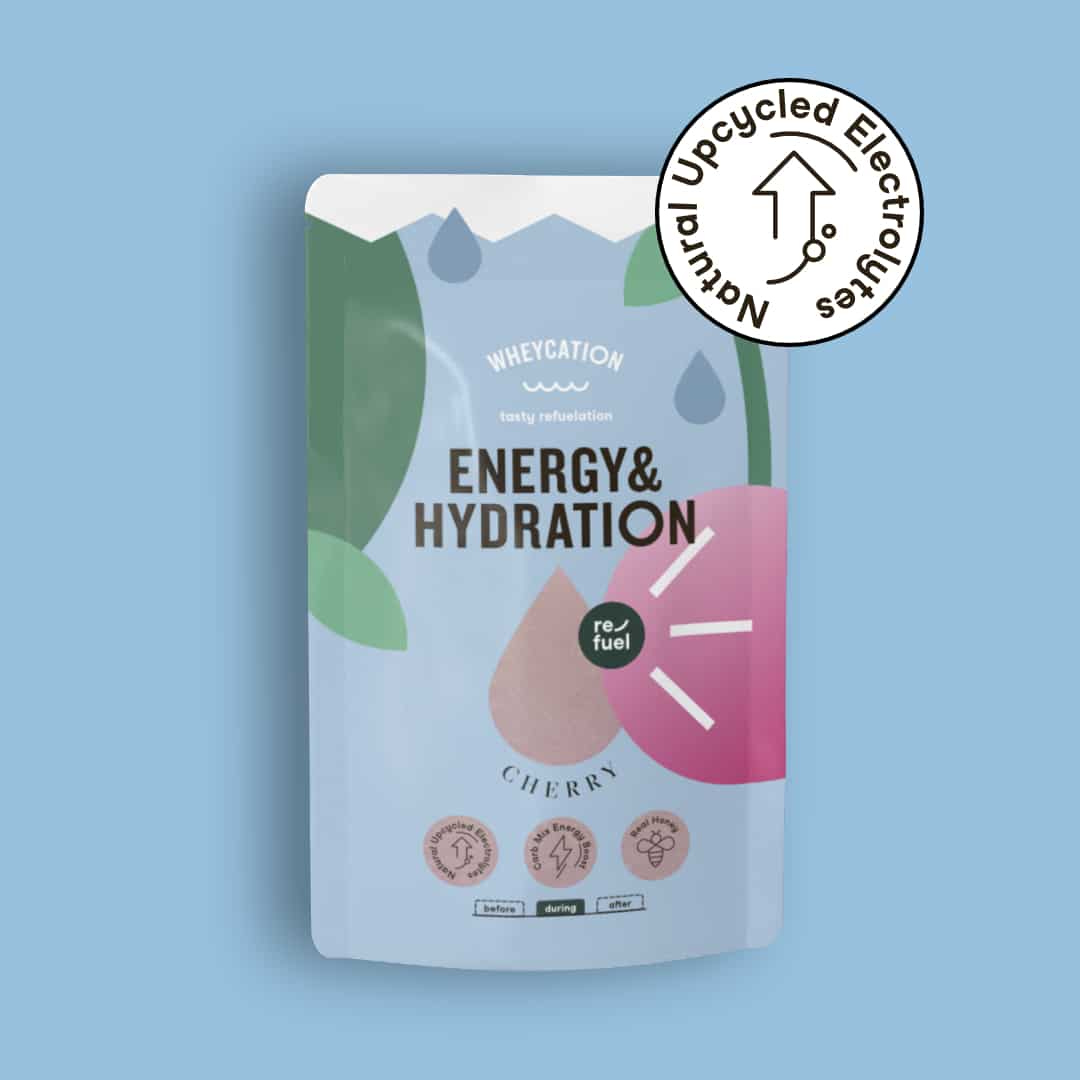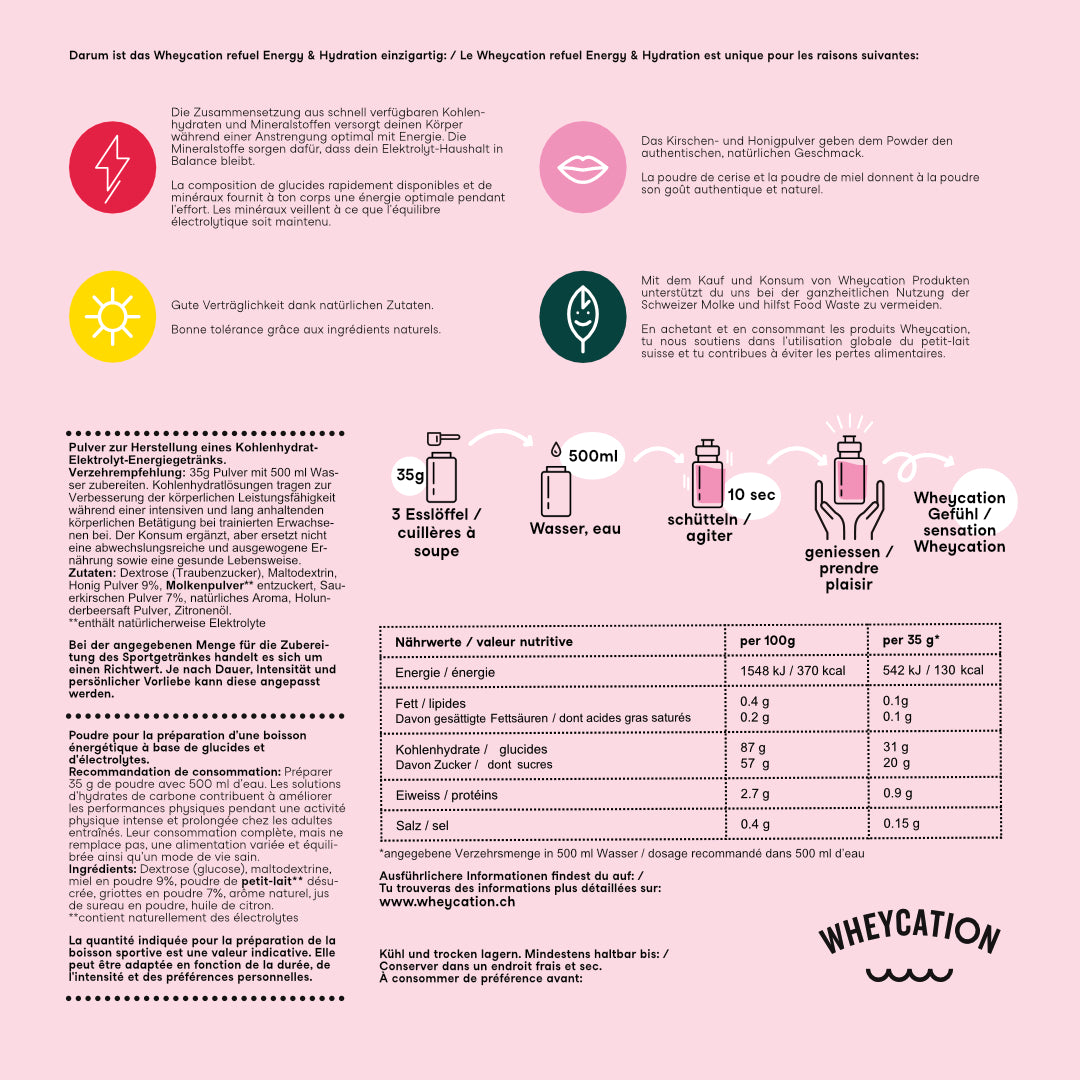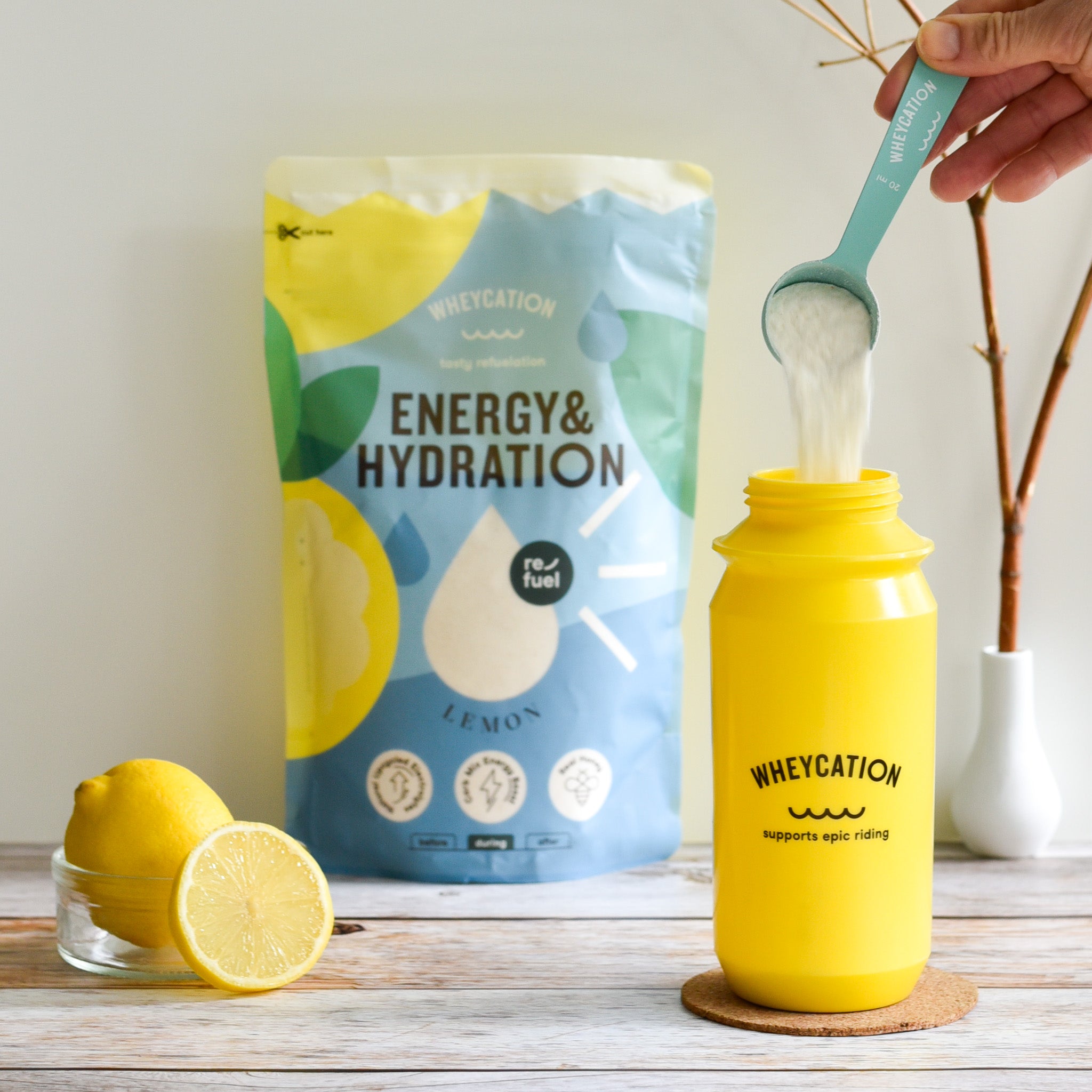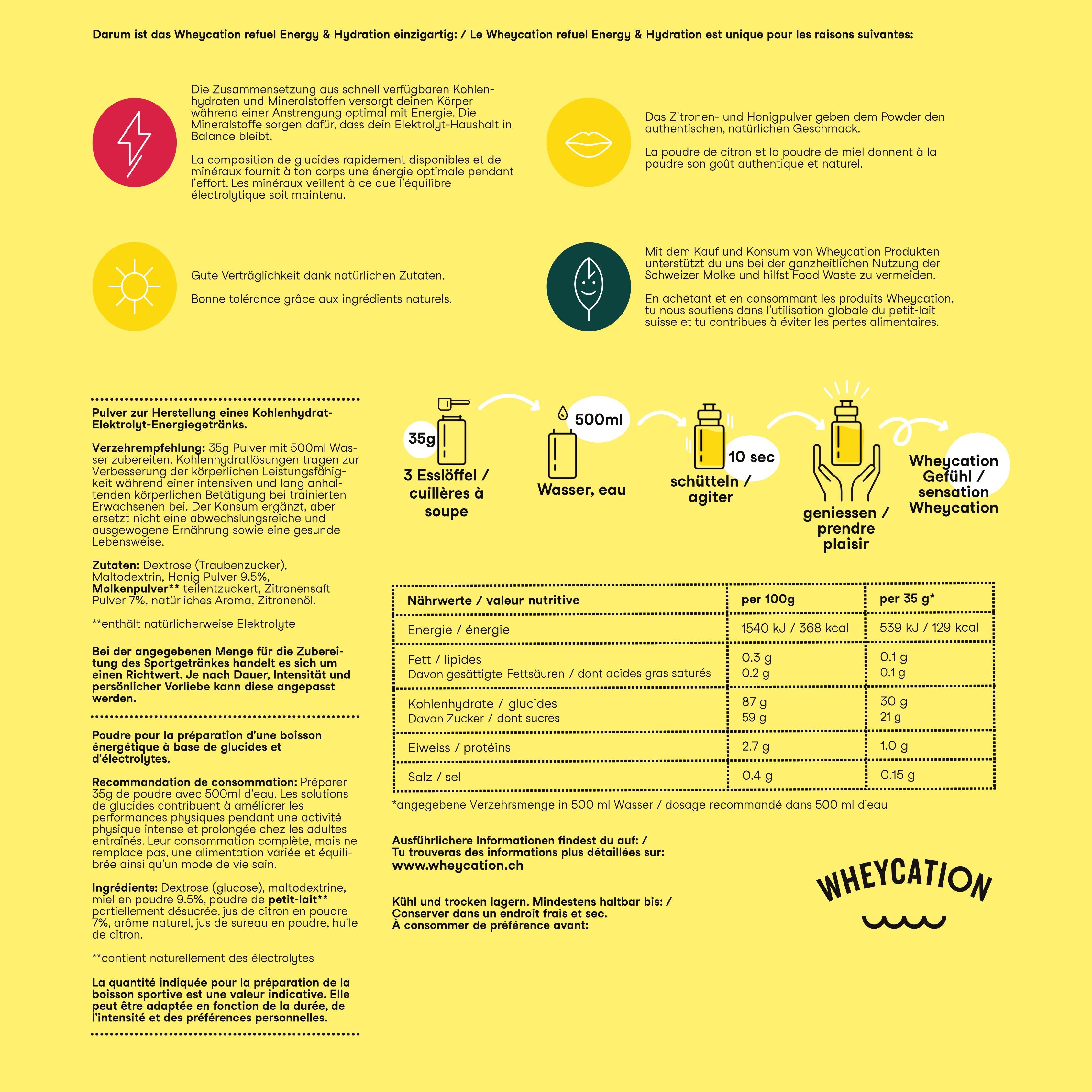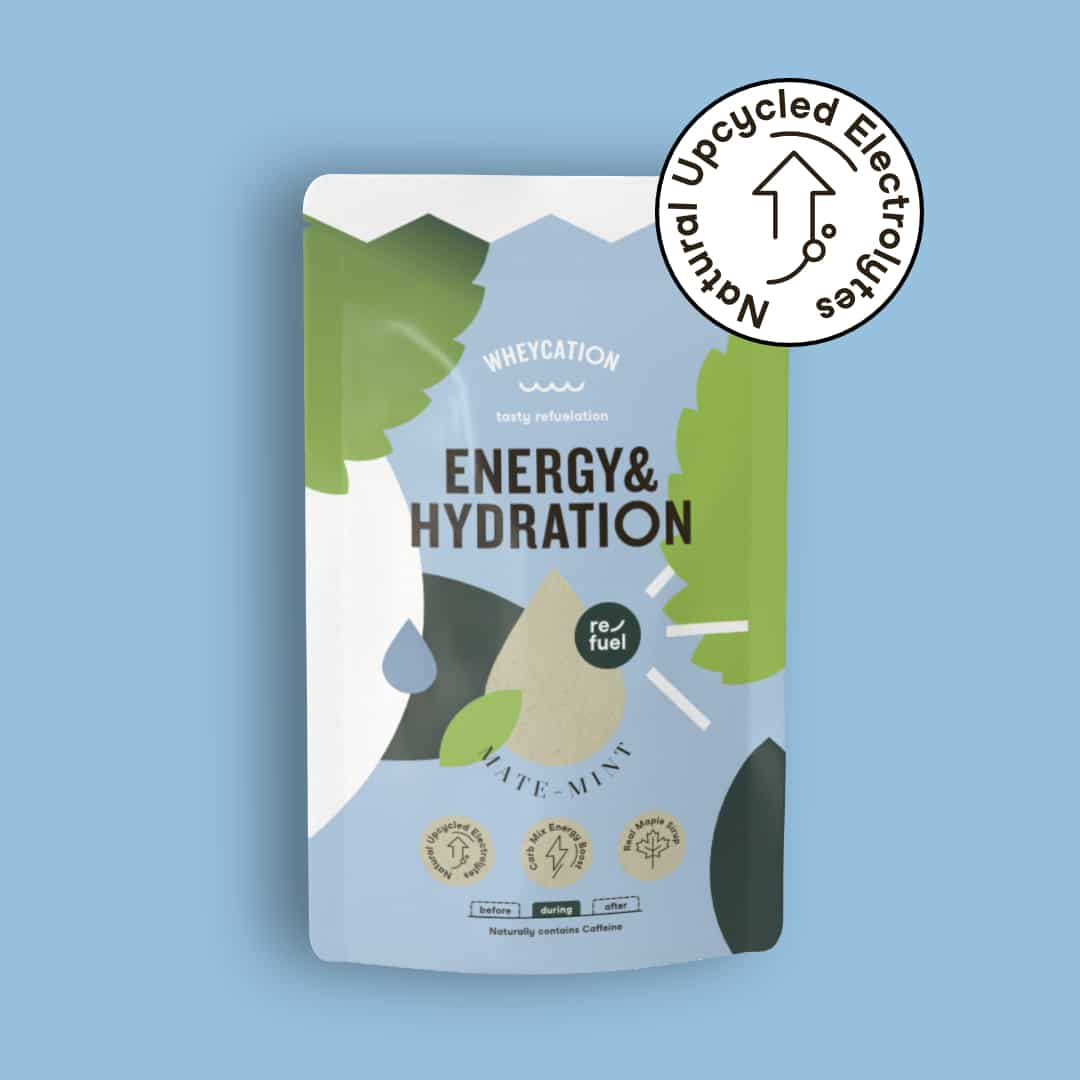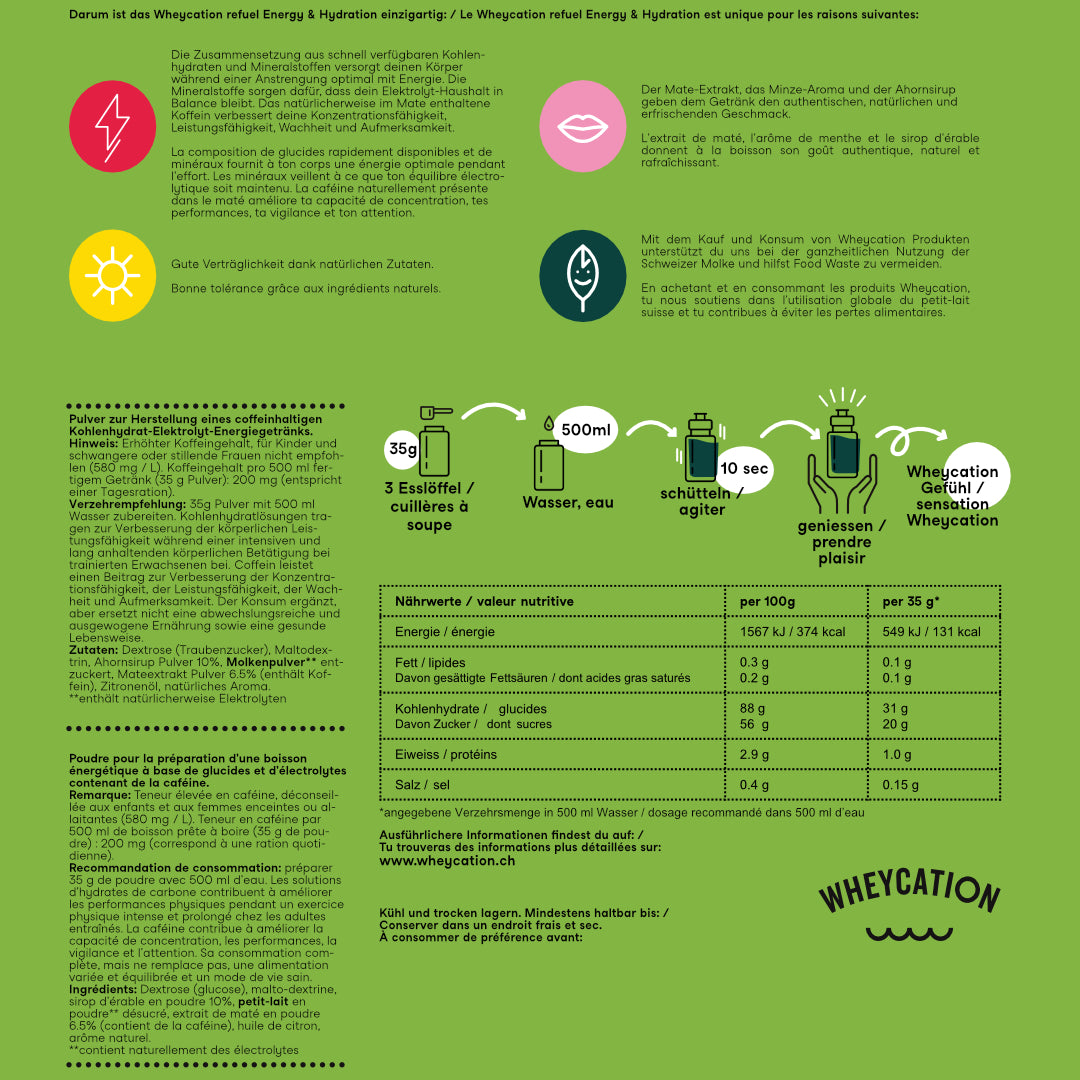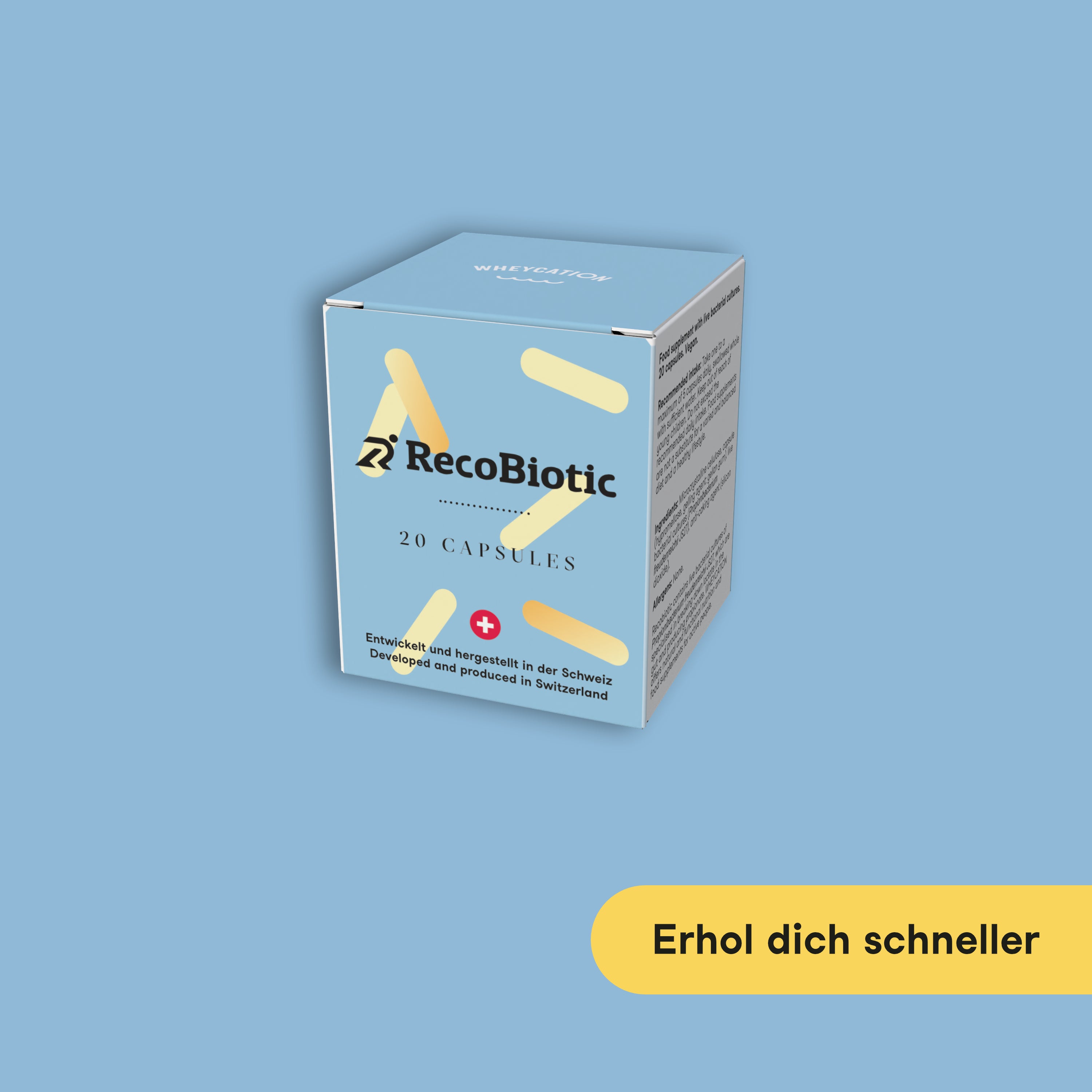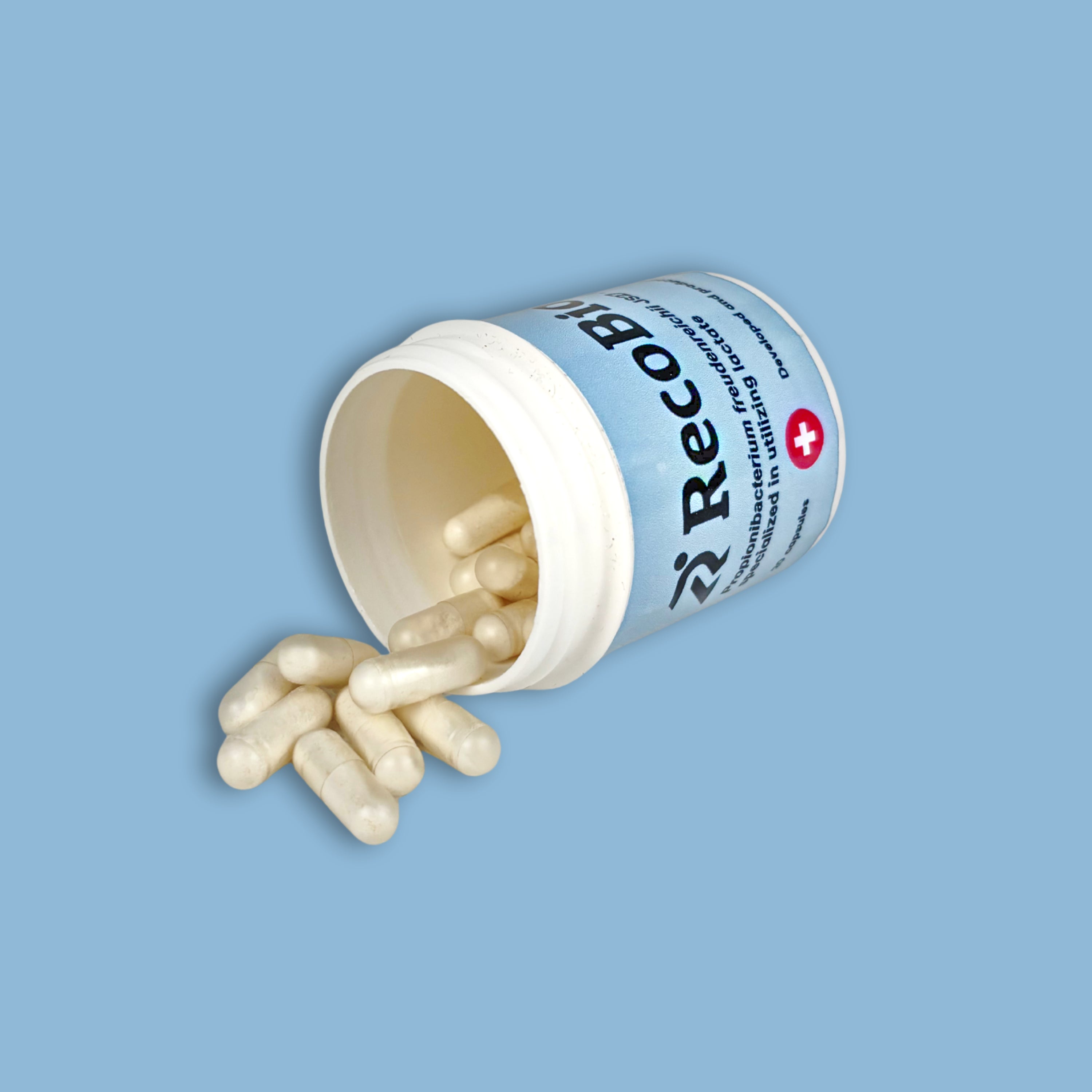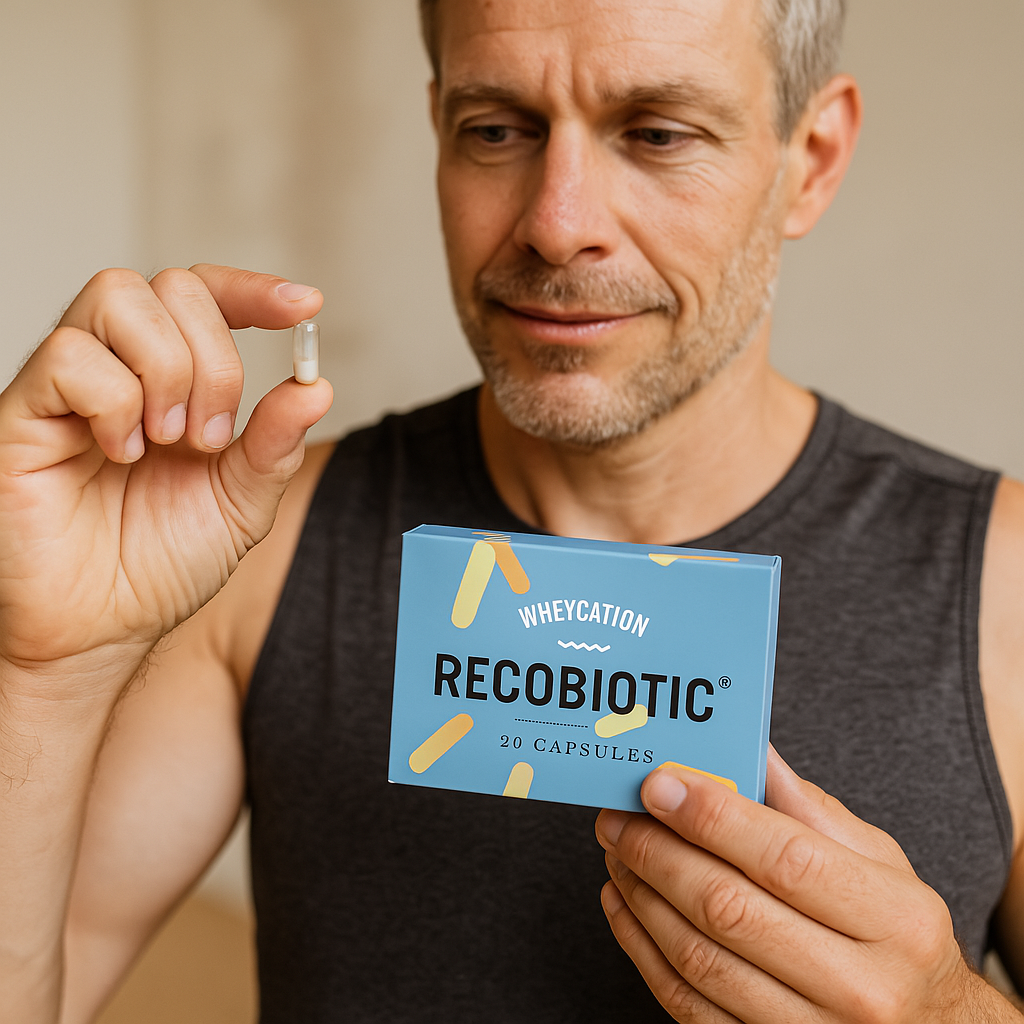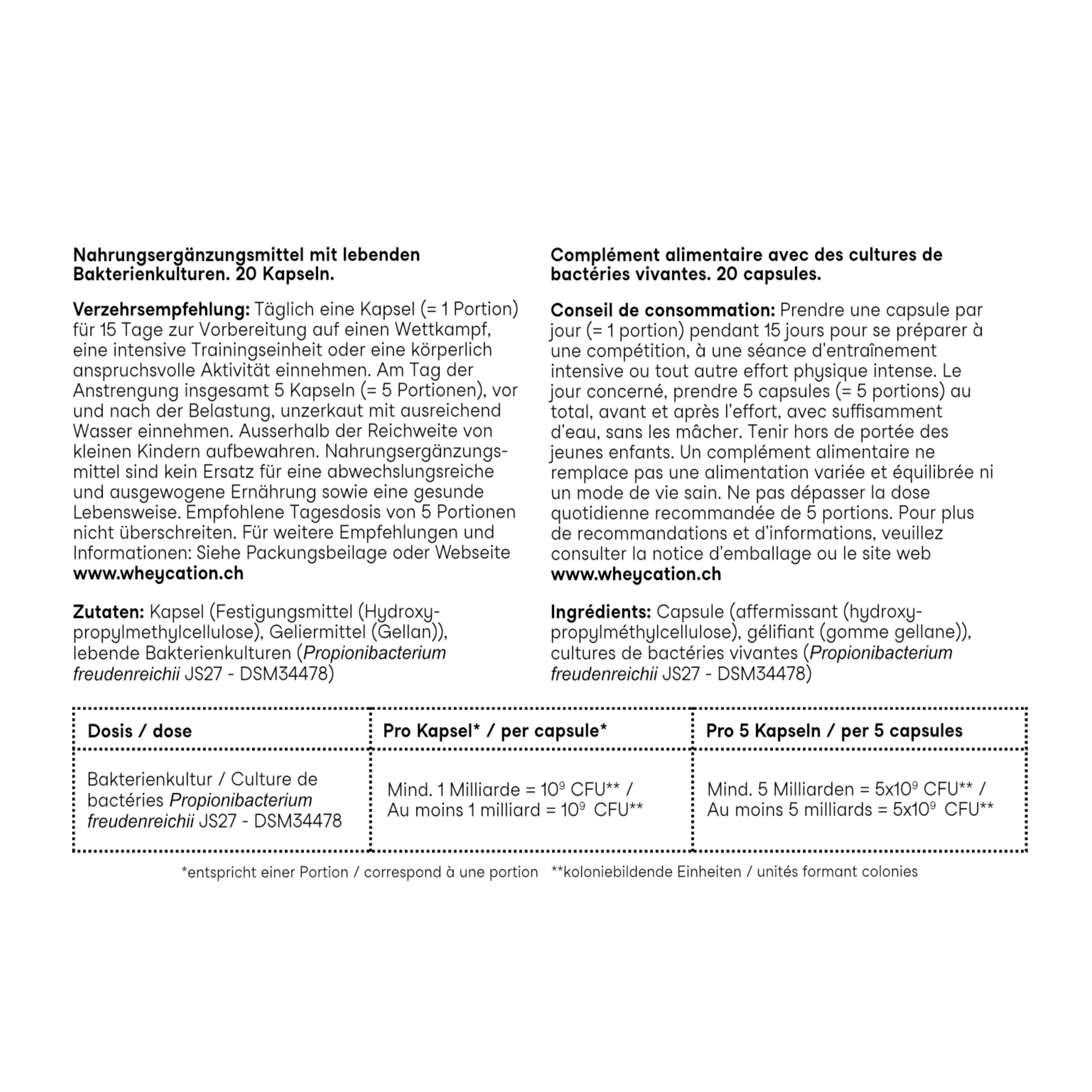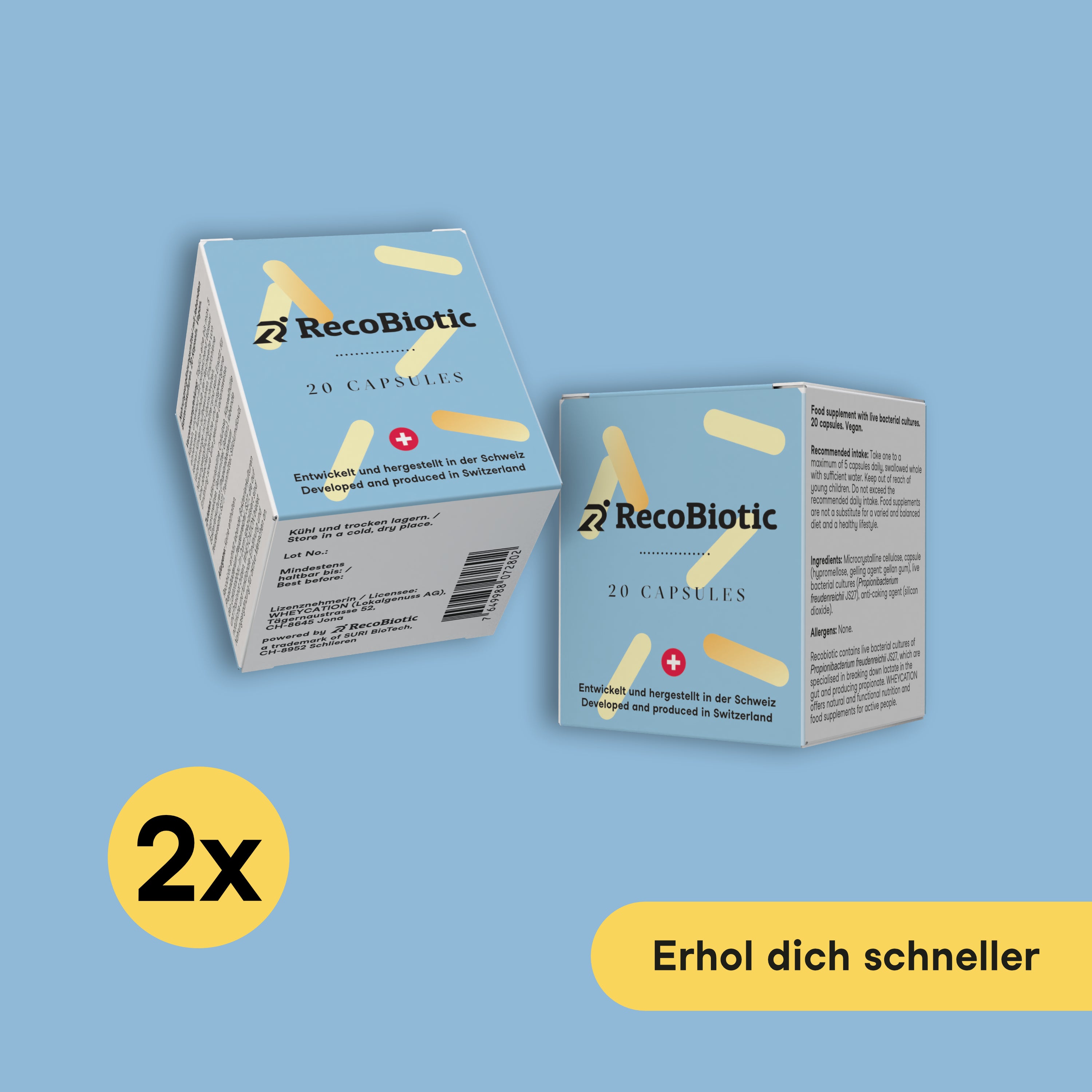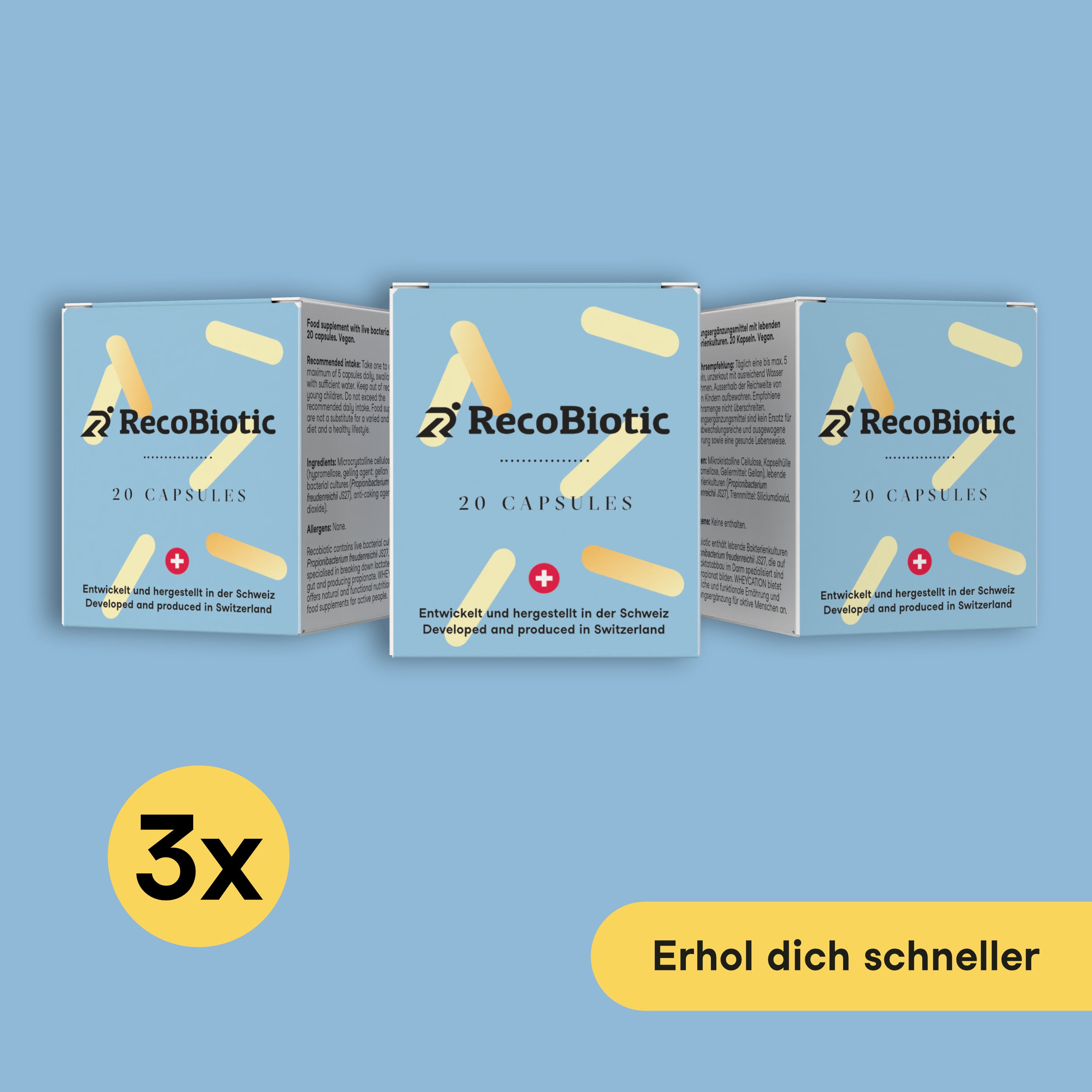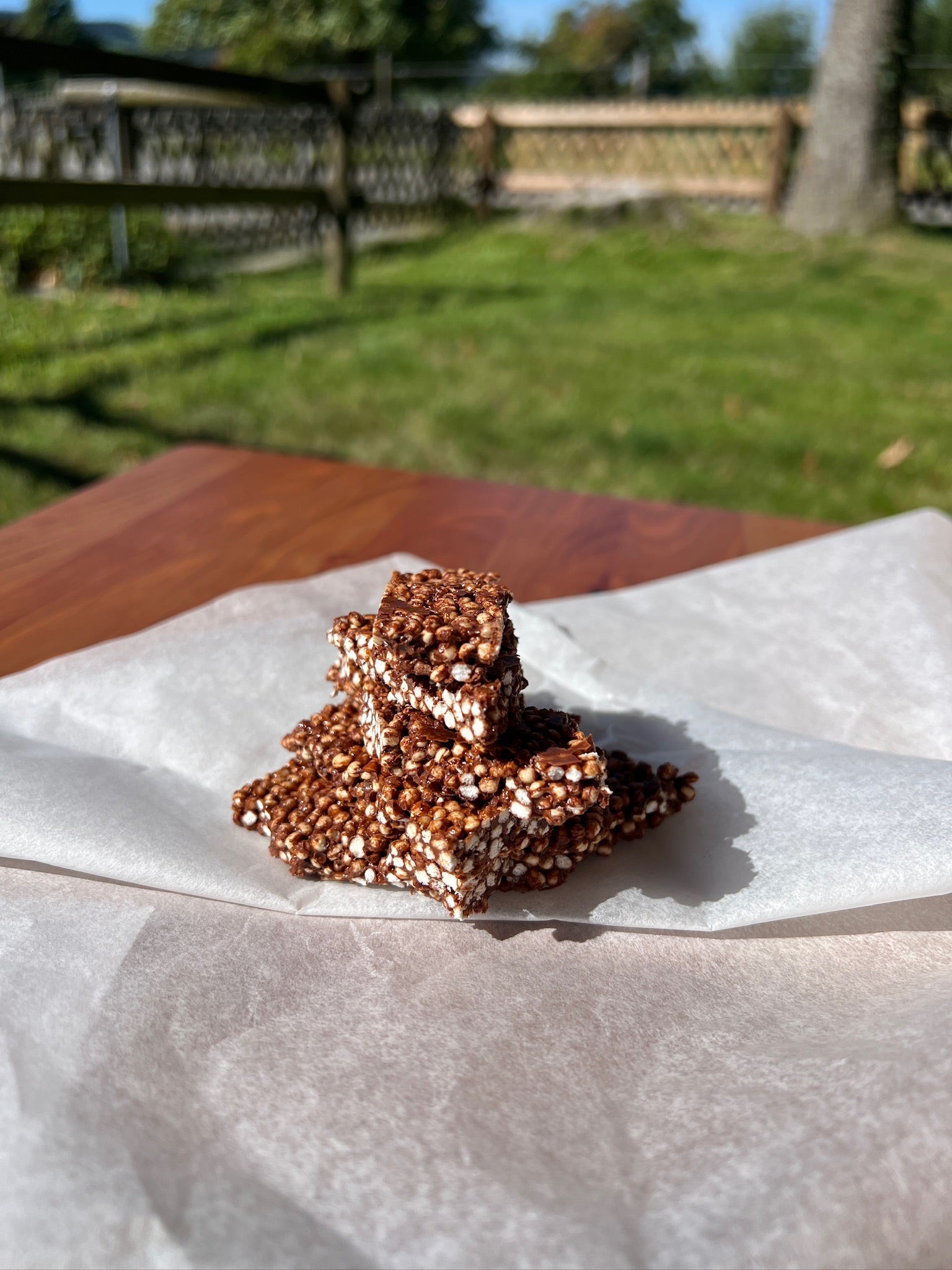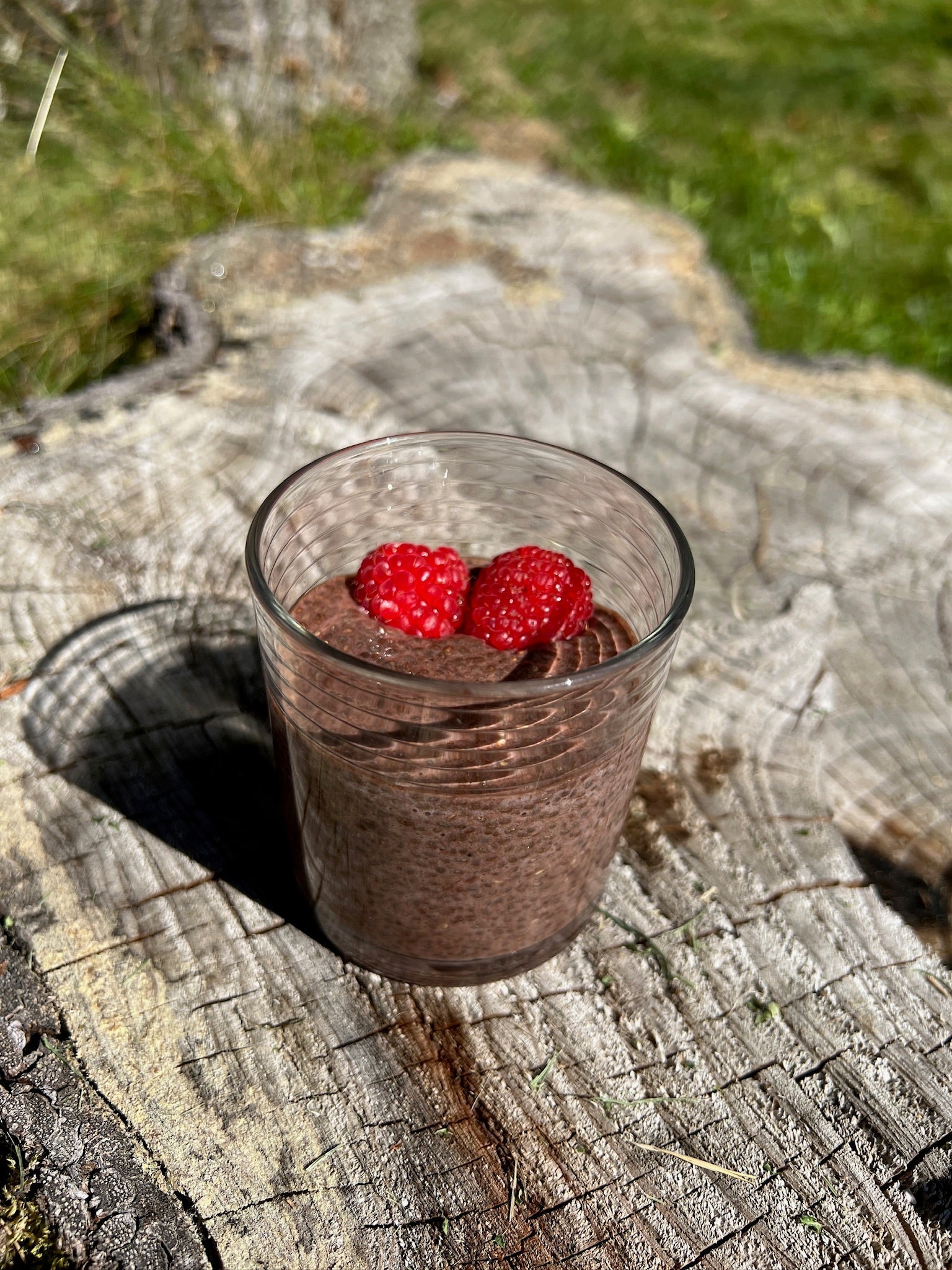With RecoBiotic, Wheycation presents an innovative nutritional supplement based on a targeted microbial mechanism, developed by the ETH spinoff SURI BioTech. It contains the probiotic strain Propionibacterium freudenreichii JS27 , which converts lactate to propionate in the intestine. This process is said to improve both recovery after intense exercise and athletic performance. But how exactly does this mechanism work, and what does current research say about it?
Lactate metabolism and athletic performance
Lactate is a key metabolic product, produced primarily during intense physical exertion. Muscles produce lactate when oxygen supply is insufficient to maintain energy production purely aerobically. While some of the lactate is metabolized directly by the liver, kidneys, and heart muscle, it can also enter the intestine and be further processed there by specific microorganisms (Moxnes & Sandbakk, 2012).
A significant discovery in this area was the demonstration that certain intestinal bacteria use lactate as an energy source. A study by Scheiman et al. (2019) showed that the bacterium Veillonella converts lactate to propionate, potentially influencing athletic performance. This principle underpins the development of RecoBiotic : a supplement designed to specifically support lactate metabolism in the intestine.
Propionate as a performance-enhancing metabolite
The bacterial strain P. freudenreichii JS27 is known for its ability to efficiently convert lactate into propionate, acetate, and CO2 (Piveteau, 1999). Propionate is a short-chain fatty acid (SCFA) that can exert numerous beneficial effects in the human body:
- Energy source : Propionate can be converted into glucose in the liver and thus contribute to energy supply (Hosseini et al., 2011).
- Reduction of lactate accumulation : Targeted conversion of lactate in the intestine could help to reduce systemic lactate concentration and thereby delay muscular fatigue (Scheiman et al., 2019).
- Gut health : Studies show that propionate can support the intestinal barrier and reduce inflammation in the gut (Cousin et al., 2011; Rabah et al., 2017).
What benefits could athletes and people with physically intensive daily routines have?
Research on microbial pathways in sports shows that the composition of the gut microbiome can influence performance (Kulecka et al., 2020; Grosicki et al., 2019). The pronounced colonization of lactate-metabolizing bacteria in endurance athletes suggests that these microorganisms may play a role in recovery and performance enhancement.
In addition, the bacterial strain used provides vitamin B12, an essential micronutrient for reducing fatigue and exhaustion (EFSA NDA Panel, 2010).
Conclusion and outlook
With RecoBiotic, Wheycation is pursuing a scientifically sound approach to supporting its product lines, focusing on recovery and performance. Previous studies on the role of propionate and lactate metabolism in the gut are promising, but conclusive clinical evidence for a direct performance-enhancing effect in humans is still pending. A planned clinical study is now intended to clarify the extent to which RecoBiotic has a measurable impact on athletes' recovery and performance.
However, current findings show that the interplay between the gut microbiome and athletic performance represents an exciting field of research with great potential. Initial feedback from people who have already tested RecoBiotic is also promising. Many report noticeably faster recovery after intense training sessions. While these impressions are subjective, they are consistent with the scientific mechanisms underlying RecoBiotic .



